Have you ever found yourself dragging through the day, even after a full night’s sleep? Or perhaps you’ve felt so mentally exhausted that the mere thought of tackling a simple task feels like lifting a boulder. You’re not lazy or failing, and there’s nothing inherently wrong with you. What you may be experiencing is burnout.
Burnout doesn’t just creep up on you overnight. It’s a slow, insidious process, often happening so subtly that you don’t realize what’s going on until you’re deep in the thick of it. But the good news? You’re not alone, and there are ways to get back to feeling like yourself again. In this article, I’m going to walk you through the top signs of burnout and, more importantly, how you can recover.
What Is Burnout, Really?
Burnout isn’t simply being tired. We’re all tired sometimes, and stress is a normal part of life. But burnout is a prolonged state of emotional, physical, and mental exhaustion. It leaves you feeling empty, with nothing more to give, and it’s often rooted in unrelenting stress—typically from work or caregiving responsibilities.
If you’re reading this, nodding along and thinking, “Yes, that’s me,” keep going. This isn’t just a diagnosis; it’s a roadmap to help you recognize burnout and take meaningful steps toward healing.
10 Key Signs of Burnout
Recognizing burnout isn’t always straightforward, but here are some common signs to look out for:
1. Physical Exhaustion
This goes beyond feeling a little sleepy. It’s bone-deep fatigue that makes even getting out of bed in the morning a Herculean task. No amount of sleep seems to make you feel refreshed, and you find yourself running on empty day after day.
You deserve rest, not just in the form of sleep, but real, nourishing time for yourself.
2. Emotional Numbness
You may find that you no longer feel joy in the things that once brought you happiness, whether it’s spending time with your family, pursuing hobbies, or even enjoying a good meal. You’re not cold-hearted; you’re just emotionally depleted.
Feeling disconnected from what you once loved isn’t your fault—it’s your body’s way of signaling distress.
3. Chronic Irritability or Anger
When you’re burned out, your patience wears thin. Little things that wouldn’t usually bother you can set you off. You might find yourself snapping at loved ones or feeling irrationally angry over minor inconveniences.
You’re not a bad parent, partner, or friend. Irritability is your body crying out for relief.
4. Feeling Ineffective or Unaccomplished
Tasks that used to be simple feel overwhelmingly difficult. You may question your competence or feel like a failure, even when you’re objectively doing well.
You are not your productivity. Your worth is intrinsic, even if it feels buried right now.
5. Withdrawal and Isolation
It’s easier to turn inward when you feel this way. You may find yourself declining social invitations or avoiding interactions with others because you simply don’t have the energy.
Needing solitude doesn’t mean you’re weak. Sometimes, it’s a protective mechanism that has gotten out of control.
6. Physical Symptoms
Burnout doesn’t just live in your mind; it manifests physically. You might experience headaches, stomachaches, muscle tension, or even chest pain.
Your body is wise. It’s trying to tell you something isn’t right.
7. Lack of Motivation
You can’t muster the enthusiasm or interest in anything—work, family activities, even leisure. It’s not because you don’t care; you’re just completely depleted.
Feeling unmotivated is a sign you need care, not a reason to be harsh on yourself.
8. Trouble Concentrating
Your brain feels foggy, making it hard to focus on simple tasks. You may find yourself forgetting appointments, losing your train of thought, or needing extra time to get through daily responsibilities.
Your brain isn’t broken. It’s just overwhelmed.
9. Sleep Issues
You may be sleeping too much or not enough, or you wake up in the middle of the night with racing thoughts. Sleep disturbances are common when your mind and body are under constant stress.
Your sleep struggles are valid and often the first place where burnout rears its head.
10. Self-Doubt and Negative Self-Talk
Burnout often tricks you into believing you’re not good enough. You may feel incompetent, question your value, or struggle with a sense of imposter syndrome.
You are more than your achievements. Your worth doesn’t depend on your output.
The Impact of Burnout on Your Life
Burnout doesn’t just affect you; it impacts everything around you. Your relationships may suffer, your work performance might decline, and even your sense of self can feel eroded. You may feel like a shadow of your former self, wondering where your passion and drive went.
This might be the hardest thing to hear, but it’s also the most important: You deserve better than this. You deserve to feel whole, rested, and fulfilled.
How to Recover From Burnout
Recovering from burnout is a journey, not a quick fix. But with patience and intention, it’s absolutely possible to reclaim your life and well-being. Here’s how:
1. Acknowledge and Accept Your Burnout
The first step to recovery is admitting that you’re burned out. It’s not a sign of weakness; it’s a sign of humanity. Give yourself permission to feel what you’re feeling.
Self-compassion is the bedrock of healing.
2. Set Boundaries
If work or caregiving has taken over your life, it’s time to set some boundaries. This could mean turning off work notifications after hours, saying “no” to additional responsibilities, or carving out uninterrupted time for yourself.
It’s not selfish to put yourself first. It’s necessary.
3. Prioritize Rest and Self-Care
Real rest isn’t just about sleeping; it’s about nourishing your soul. Take breaks, indulge in activities that refill your emotional cup, and don’t feel guilty for doing so.
Self-care is a lifeline, not a luxury.
4. Delegate and Ask for Help
Whether it’s at work or home, you don’t have to carry everything alone. Ask for help, delegate tasks, or even consider seeking professional support.
There’s strength in admitting you can’t do it all.
5. Reconnect With What Brings You Joy
Remember the hobbies or interests you once loved? Start small, but try to reincorporate them into your life. Whether it’s reading, painting, or spending time in nature, joy is a powerful antidote to burnout.
Joy isn’t frivolous—it’s essential.
6. Practice Mindfulness and Grounding Techniques
Mindfulness practices like deep breathing, meditation, or gentle yoga can help calm your nervous system. When stress feels overwhelming, grounding yourself can be a powerful tool.
You deserve to feel calm and centered.
7. Seek Professional Help If Needed
Sometimes, the path to recovery requires guidance. Don’t hesitate to reach out to one of our therapists who can help you navigate your feelings and develop a personalized plan for healing. Reach out today.
Seeking help is a sign of strength, not weakness.
You Are Worthy of Healing
Burnout can make you feel hopeless, but it’s important to remember that recovery is possible. You are not broken; you’re simply human. By taking these steps, you can begin to heal and create a life that feels more balanced and joyful.
TLDR (Too Long; Didn’t Read):
Burnout is a state of extreme emotional, physical, and mental exhaustion caused by prolonged stress. This guide outlines 10 warning signs, including chronic fatigue, emotional numbness, and irritability, and offers strategies to recover, like setting boundaries, prioritizing rest, and seeking professional help. Remember, burnout is a signal that you need care, not a sign of weakness.

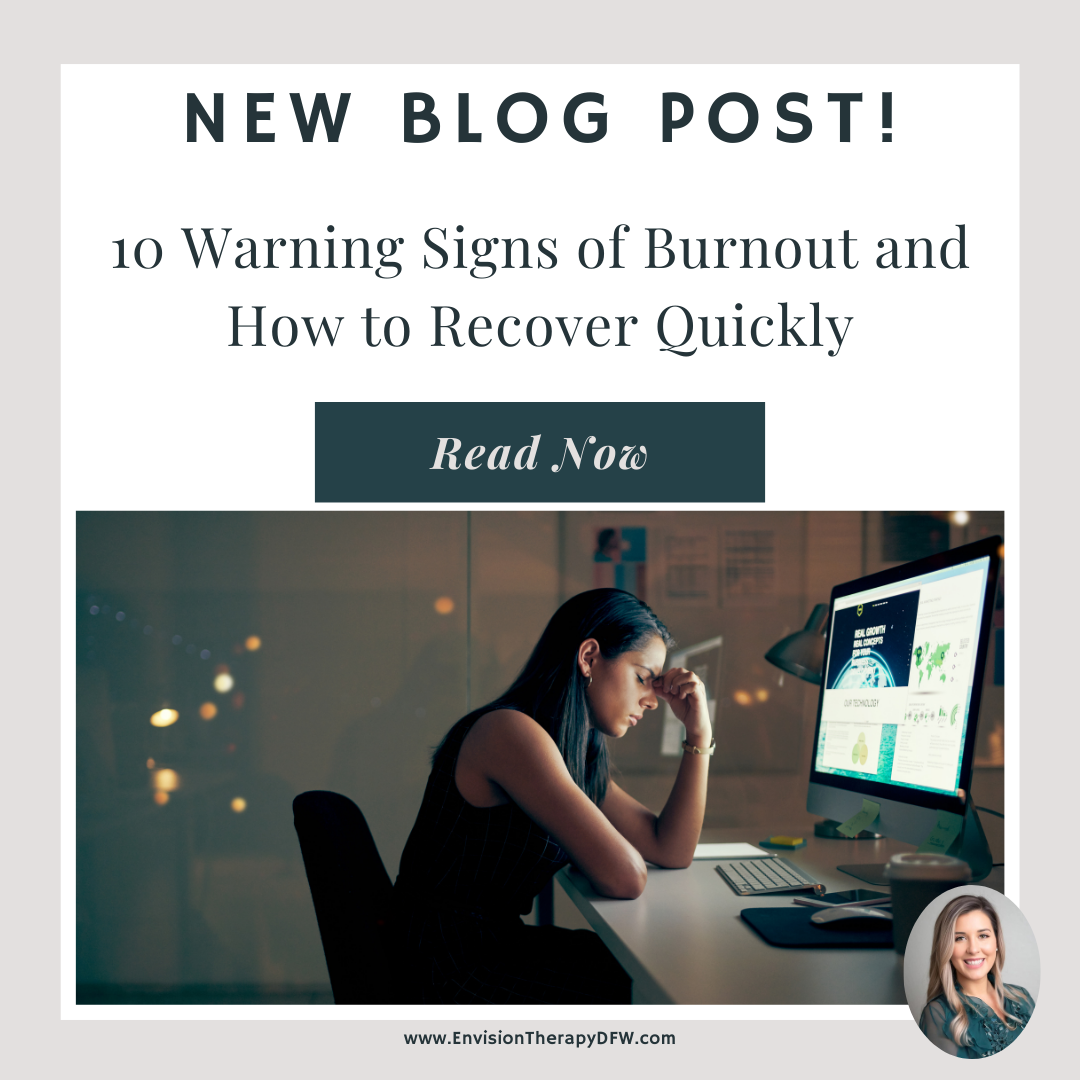














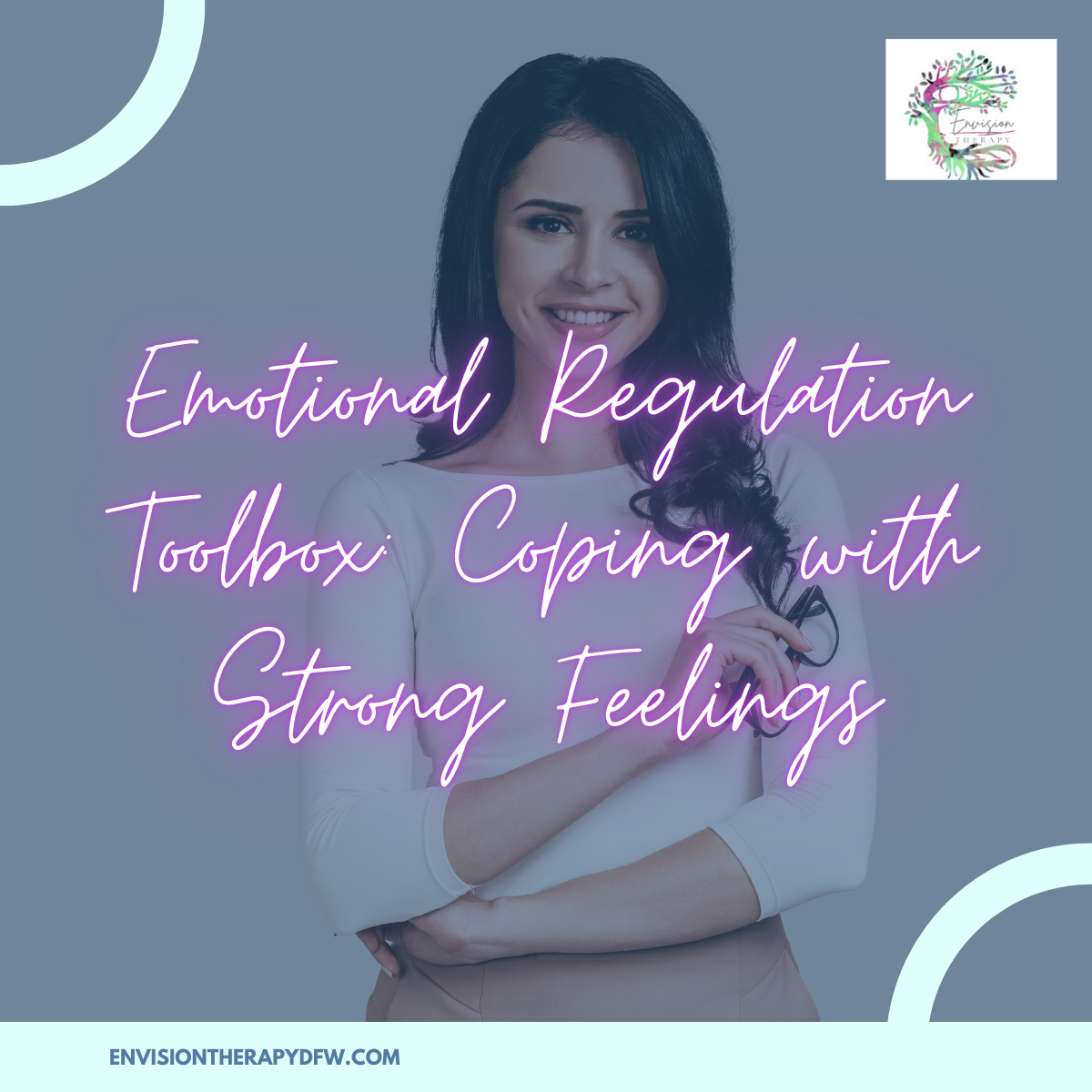

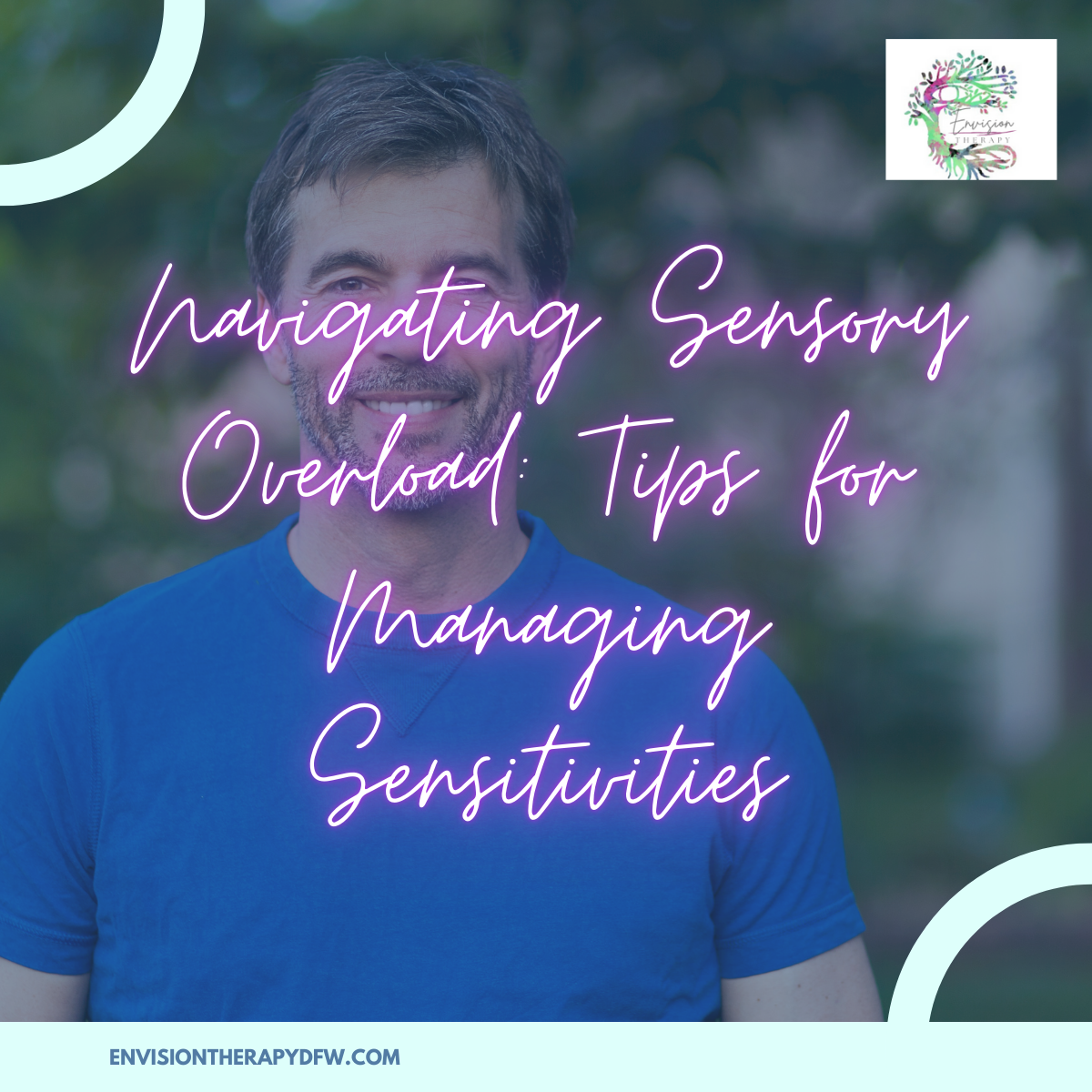

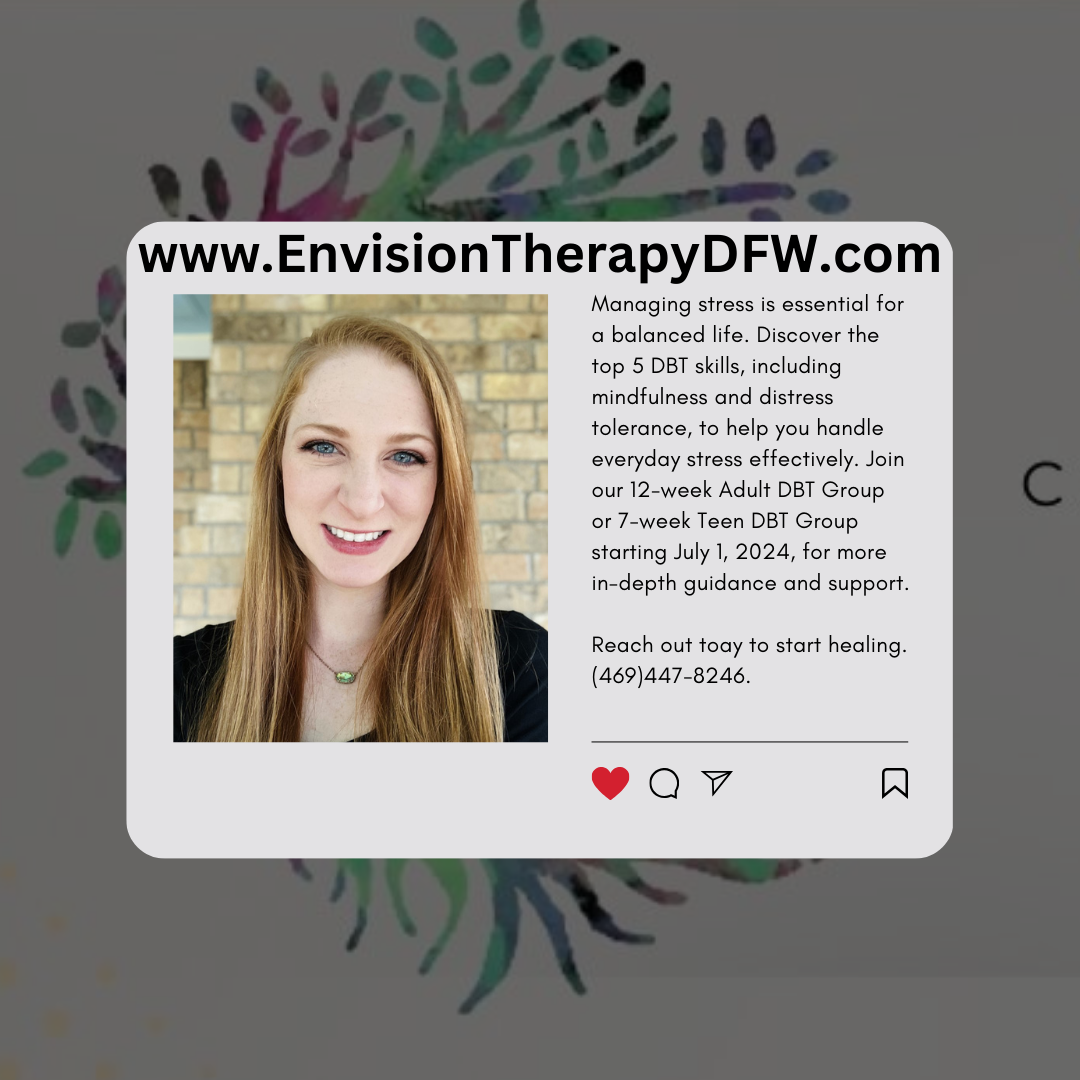
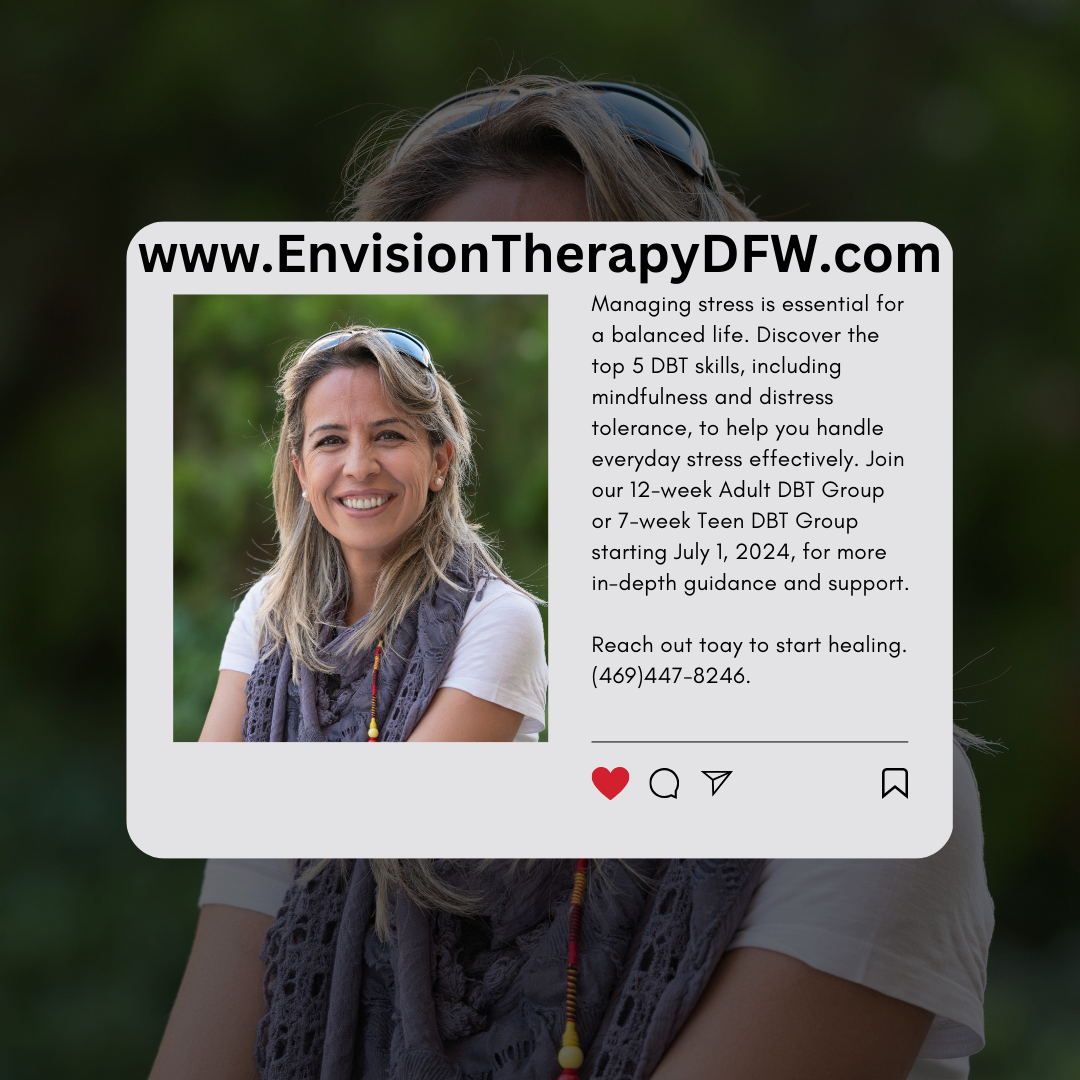
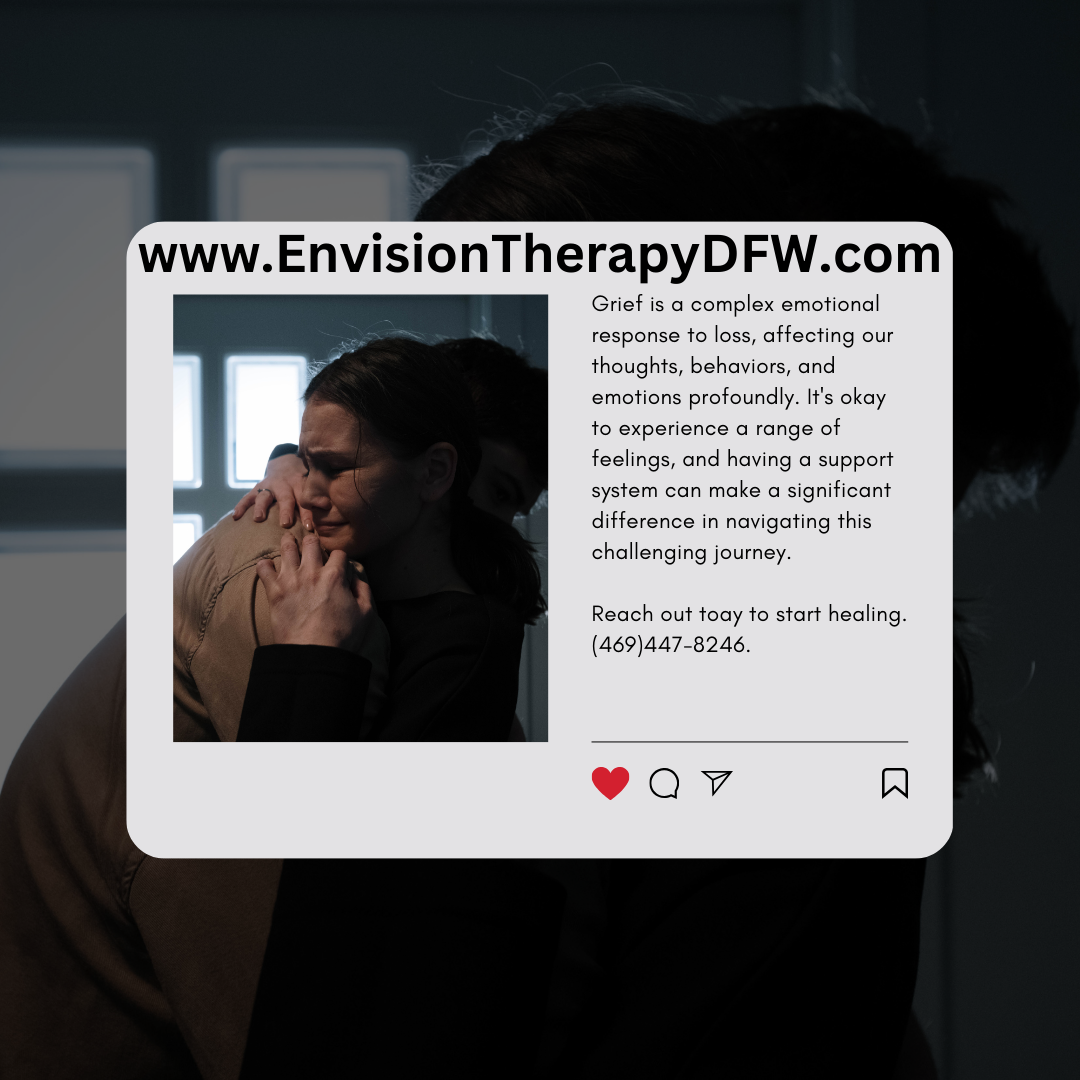
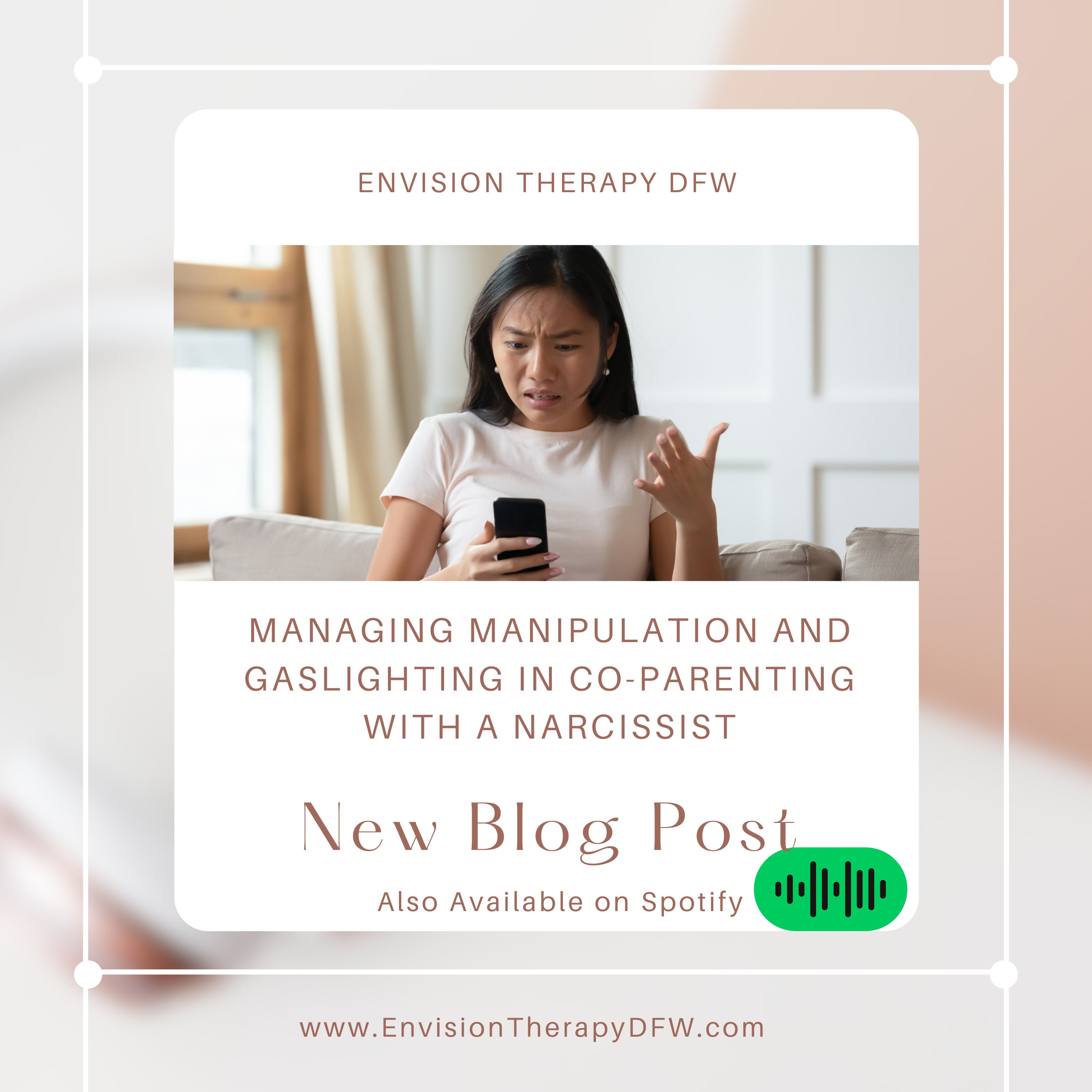
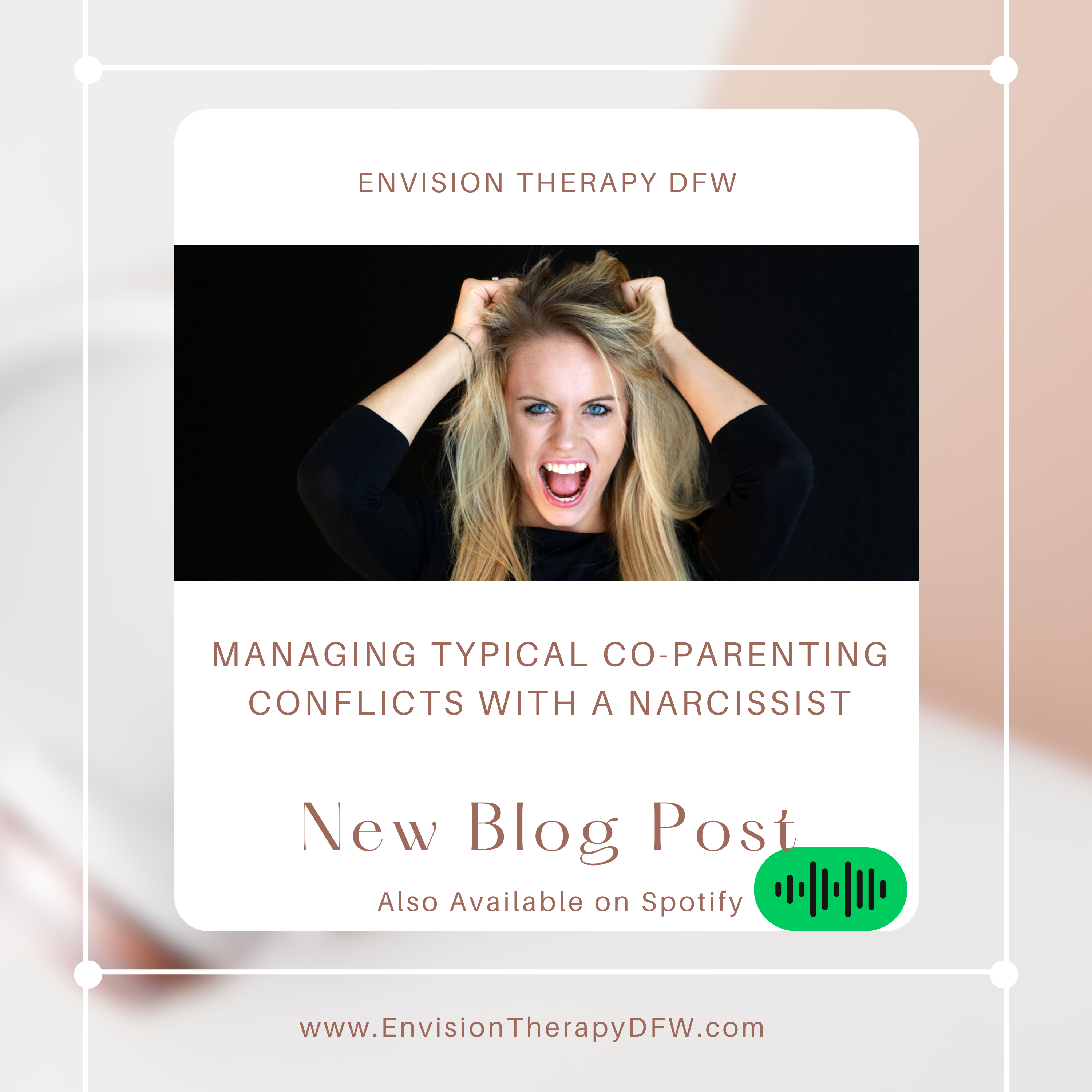
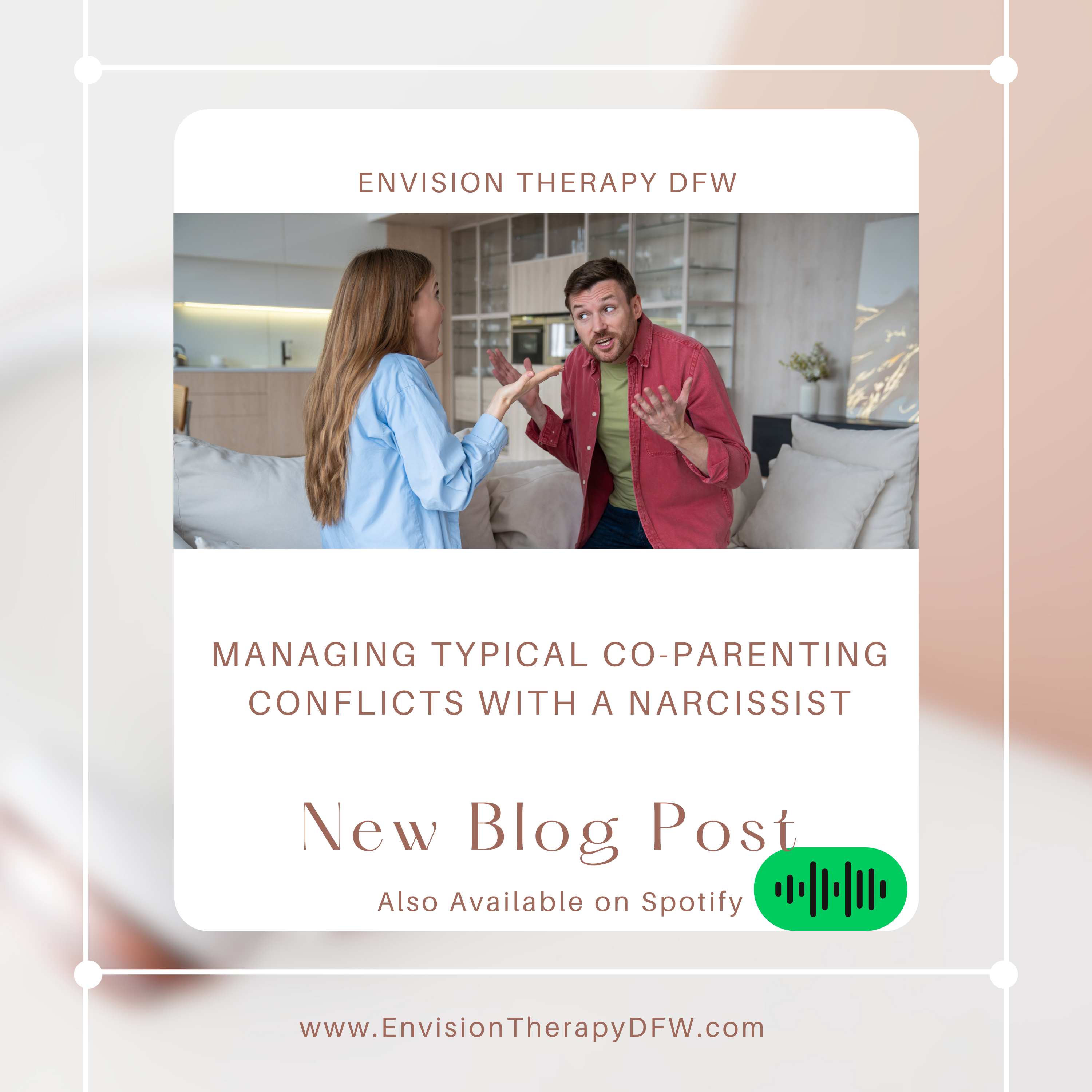
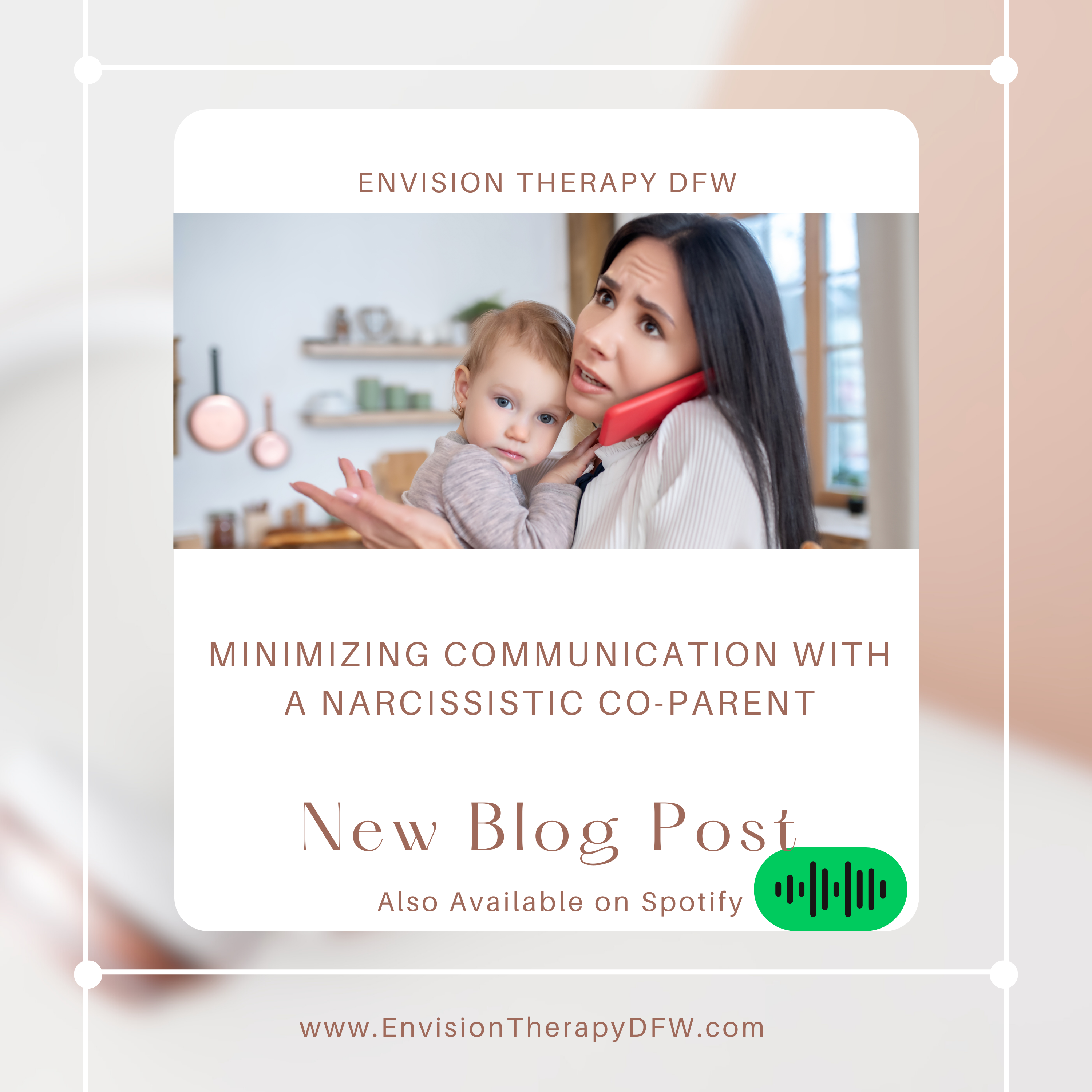
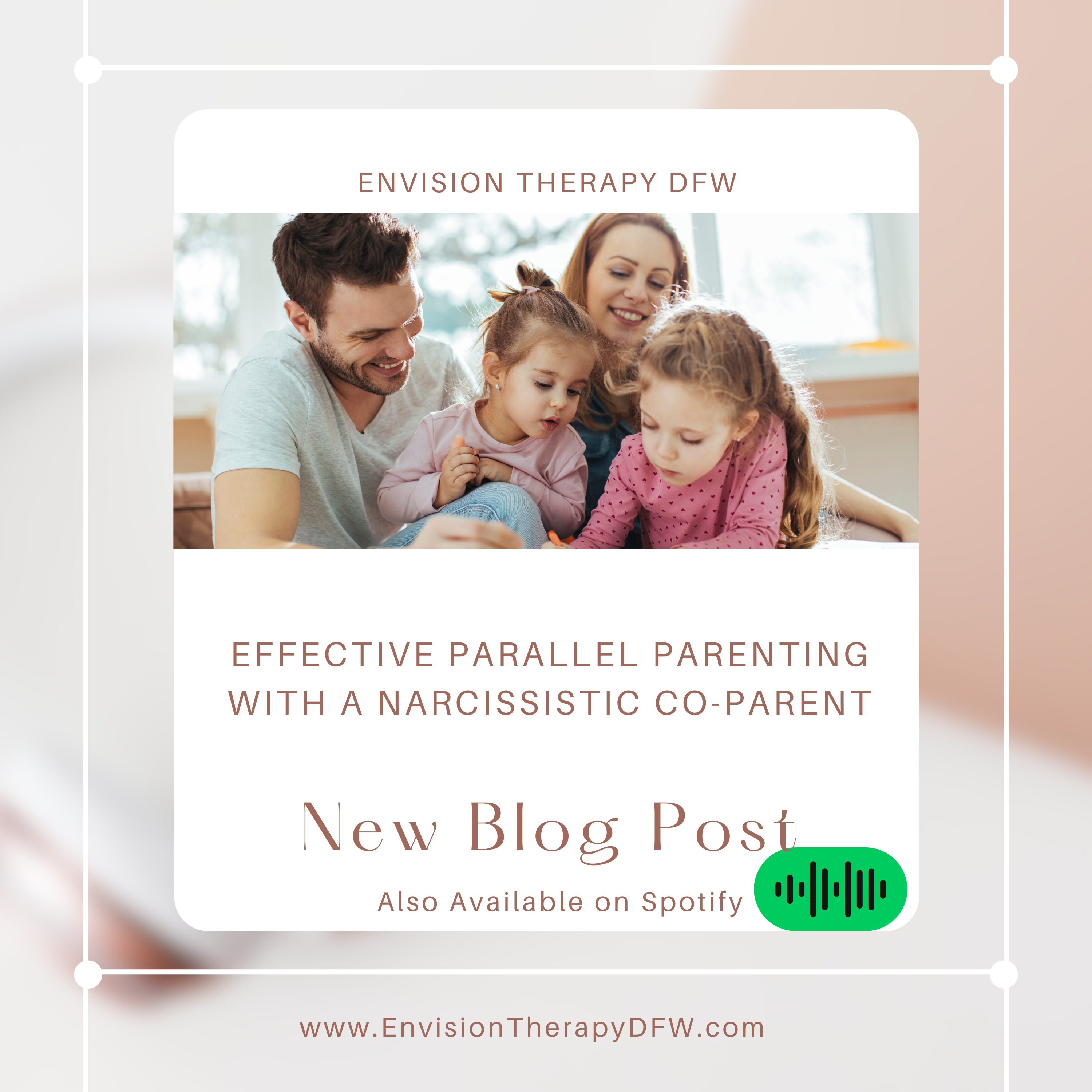
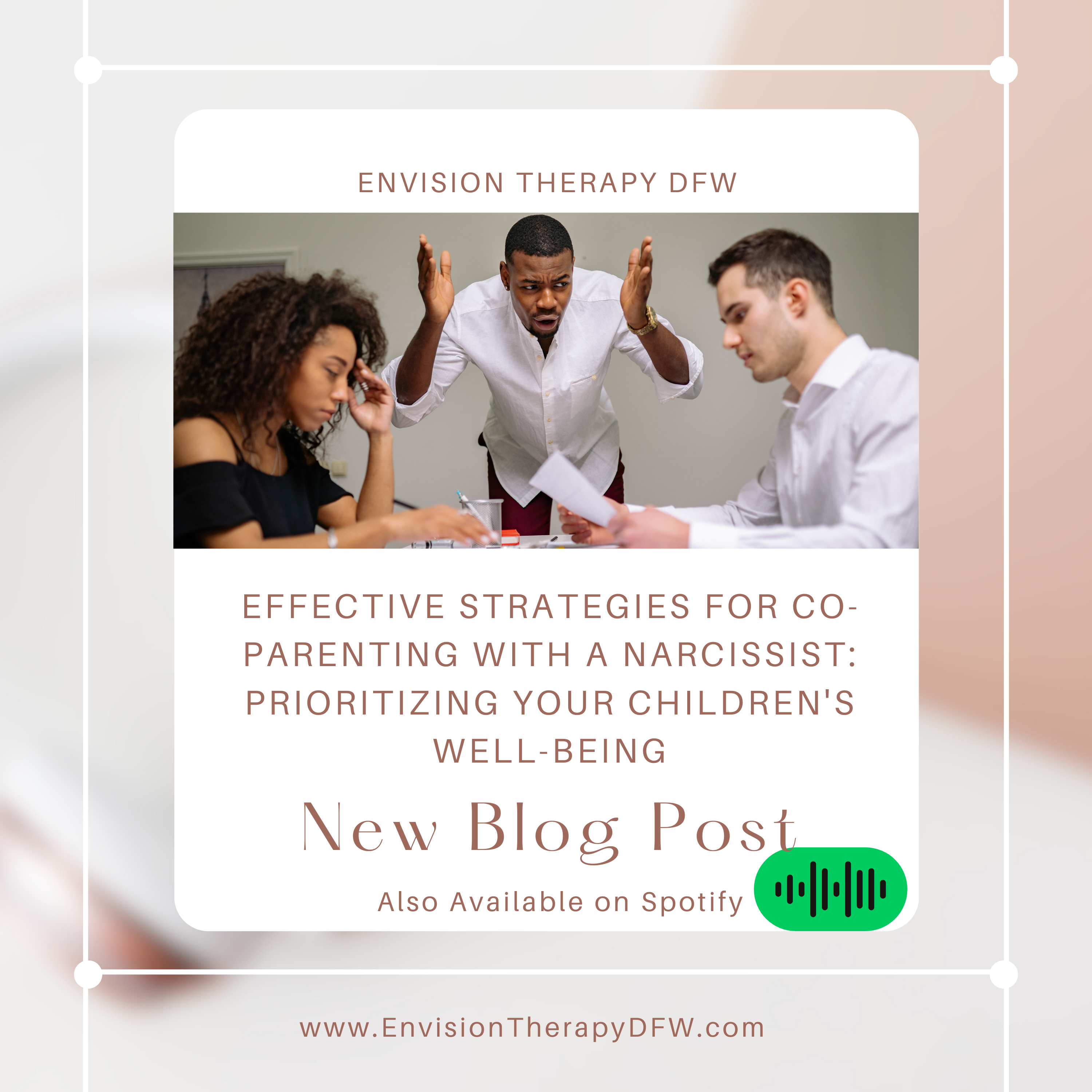
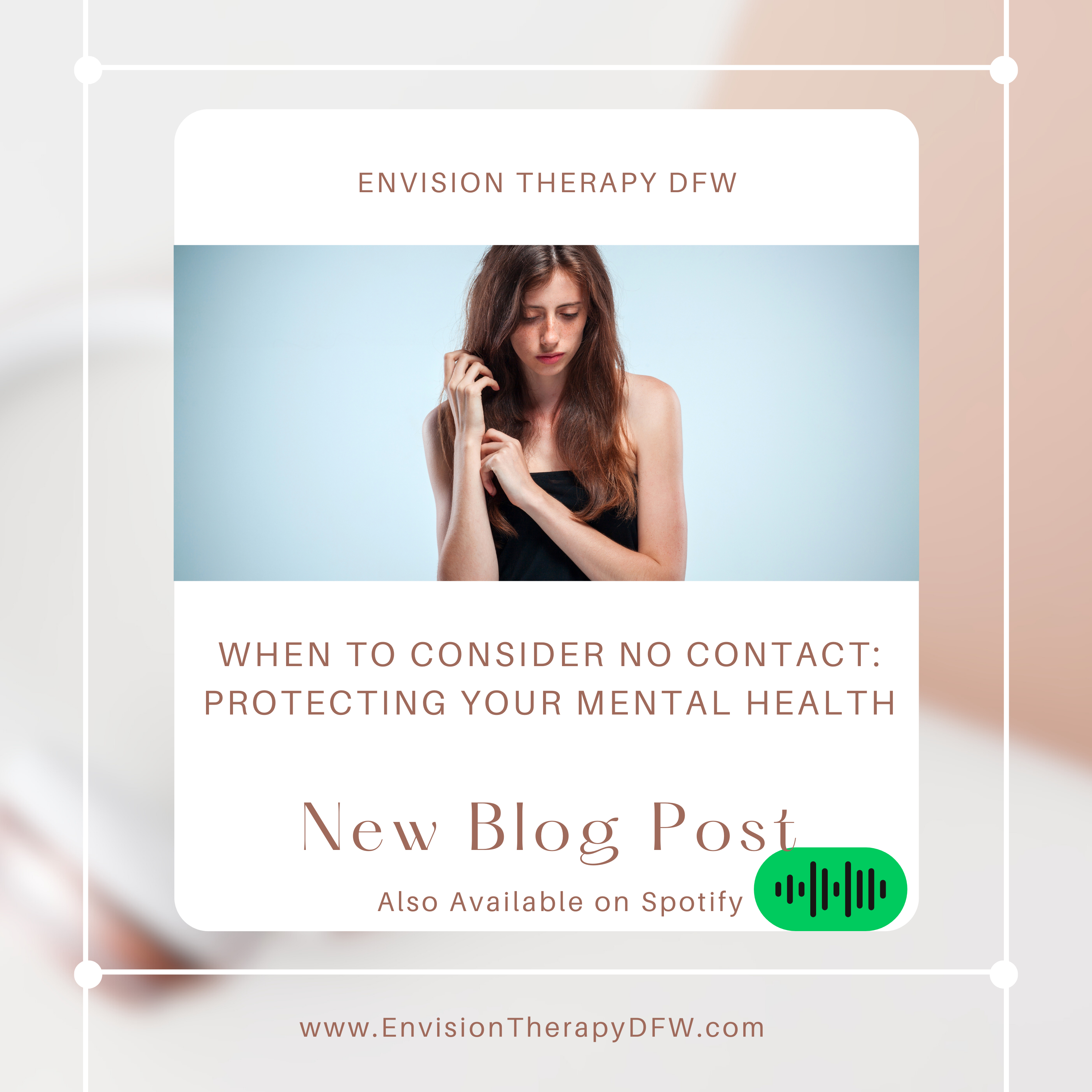
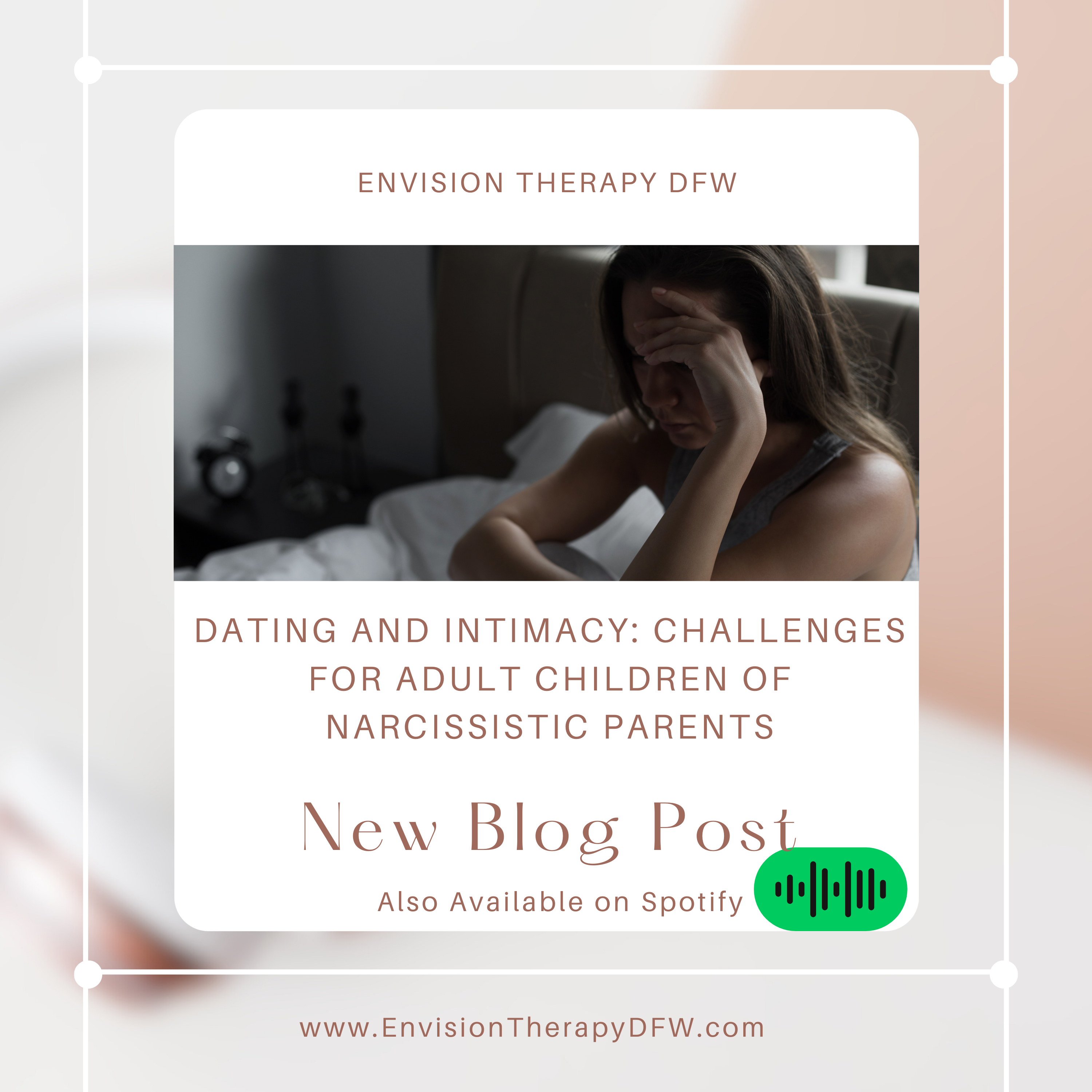
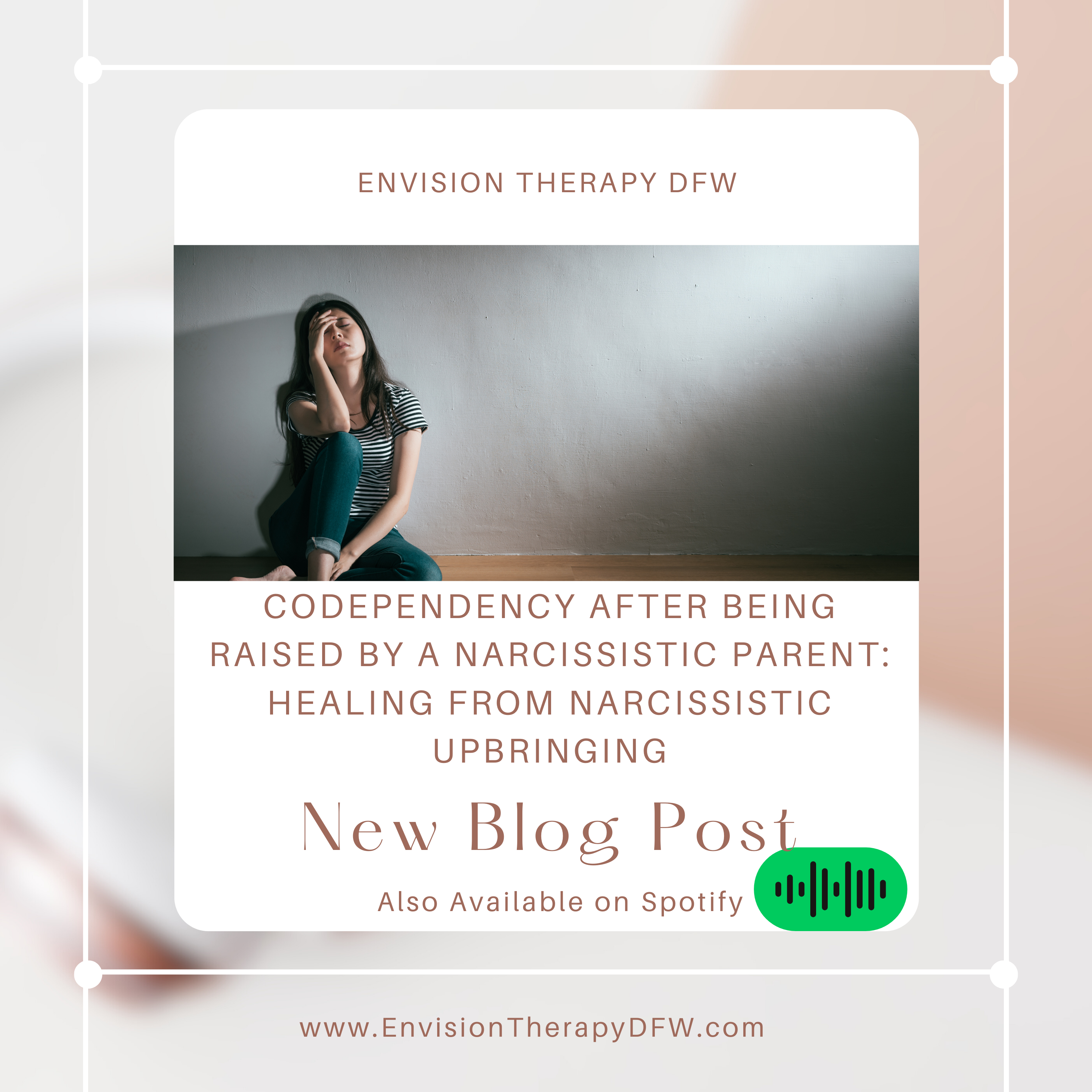
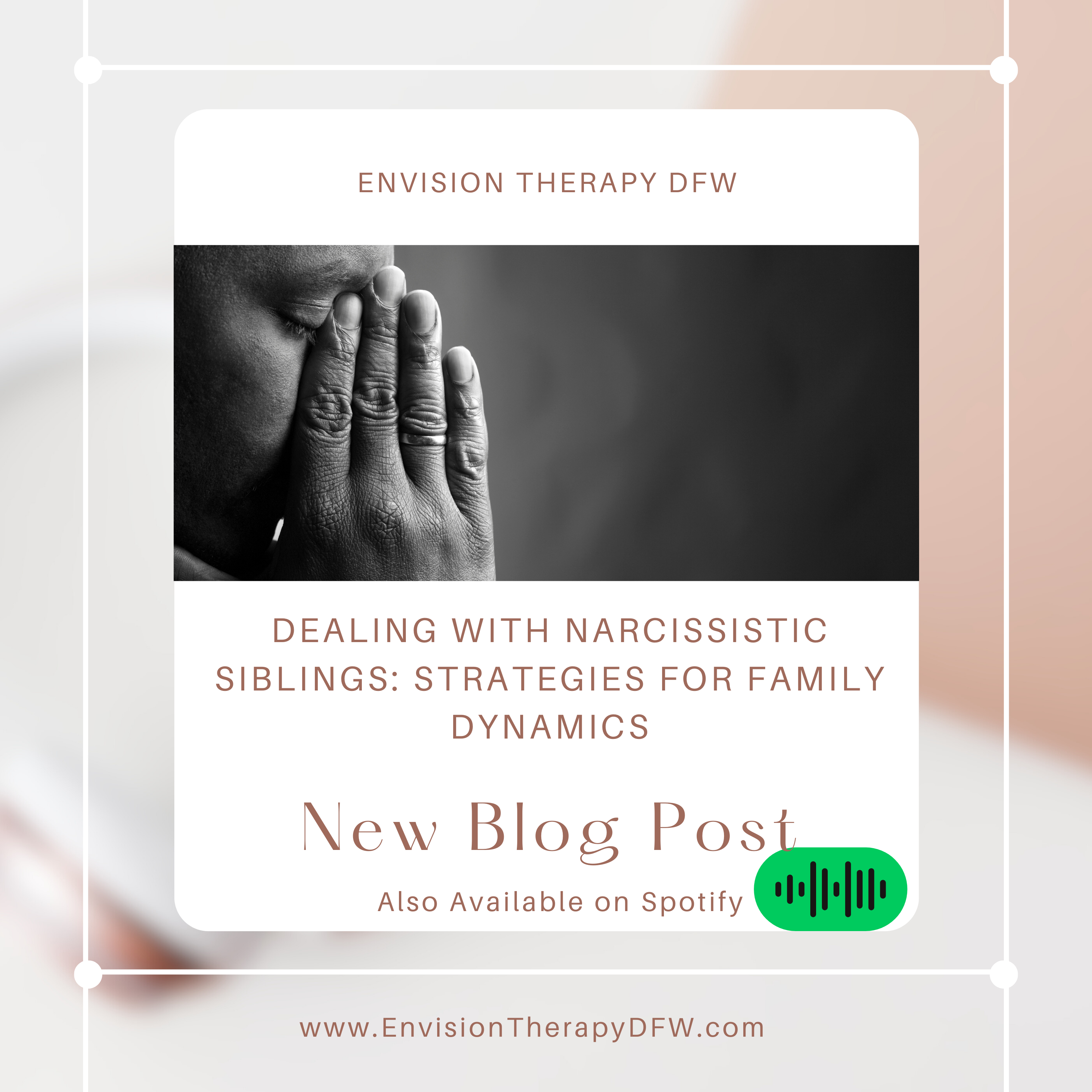

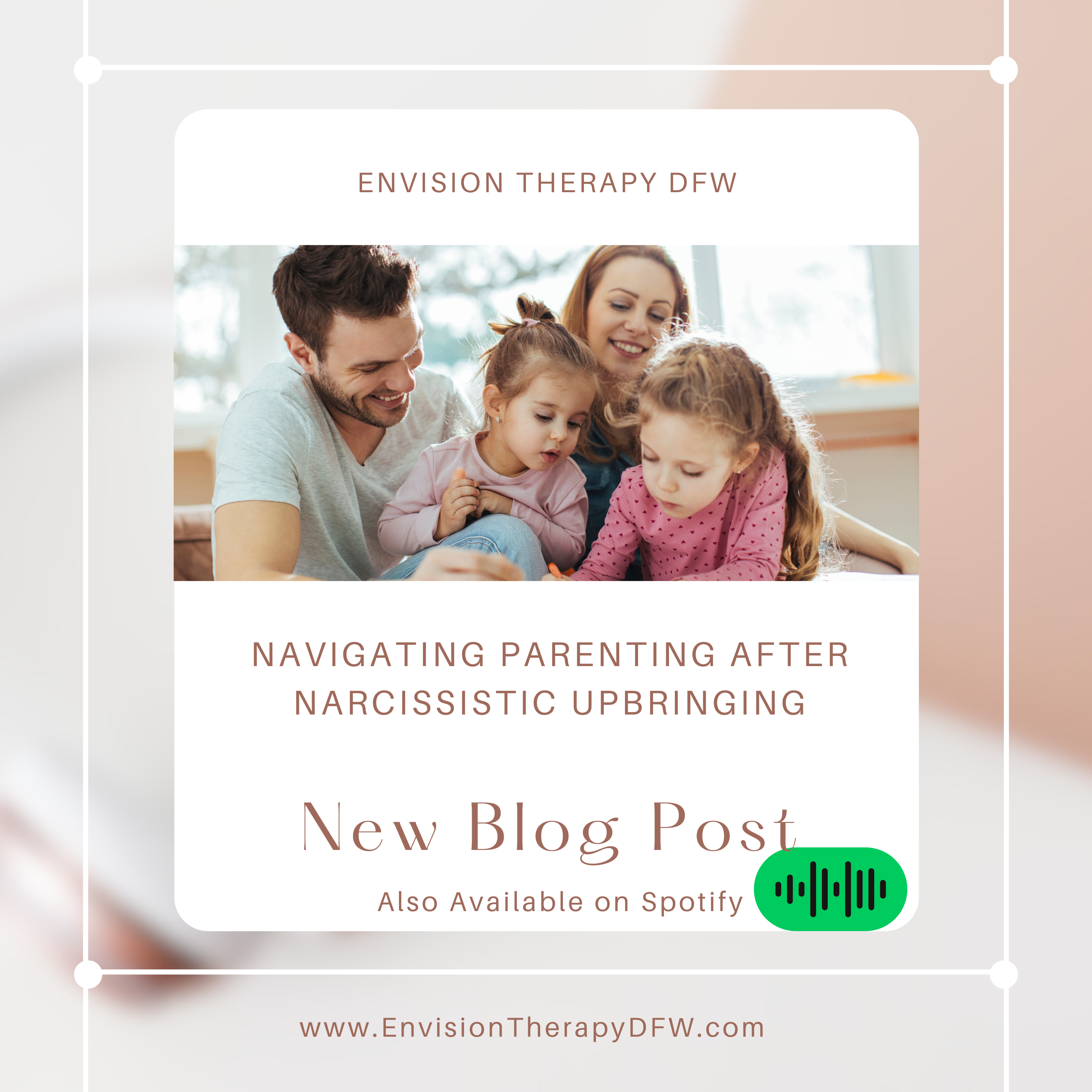
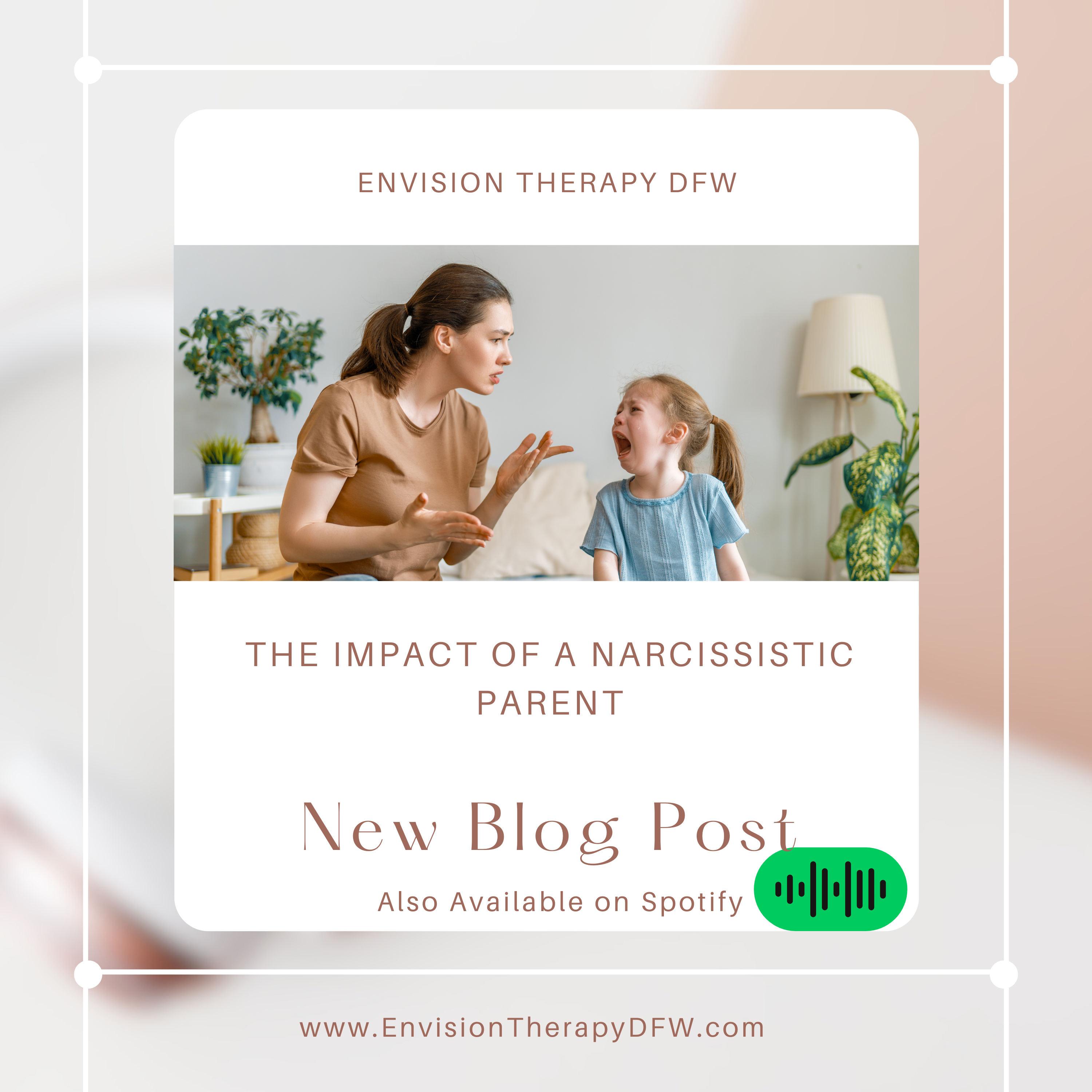
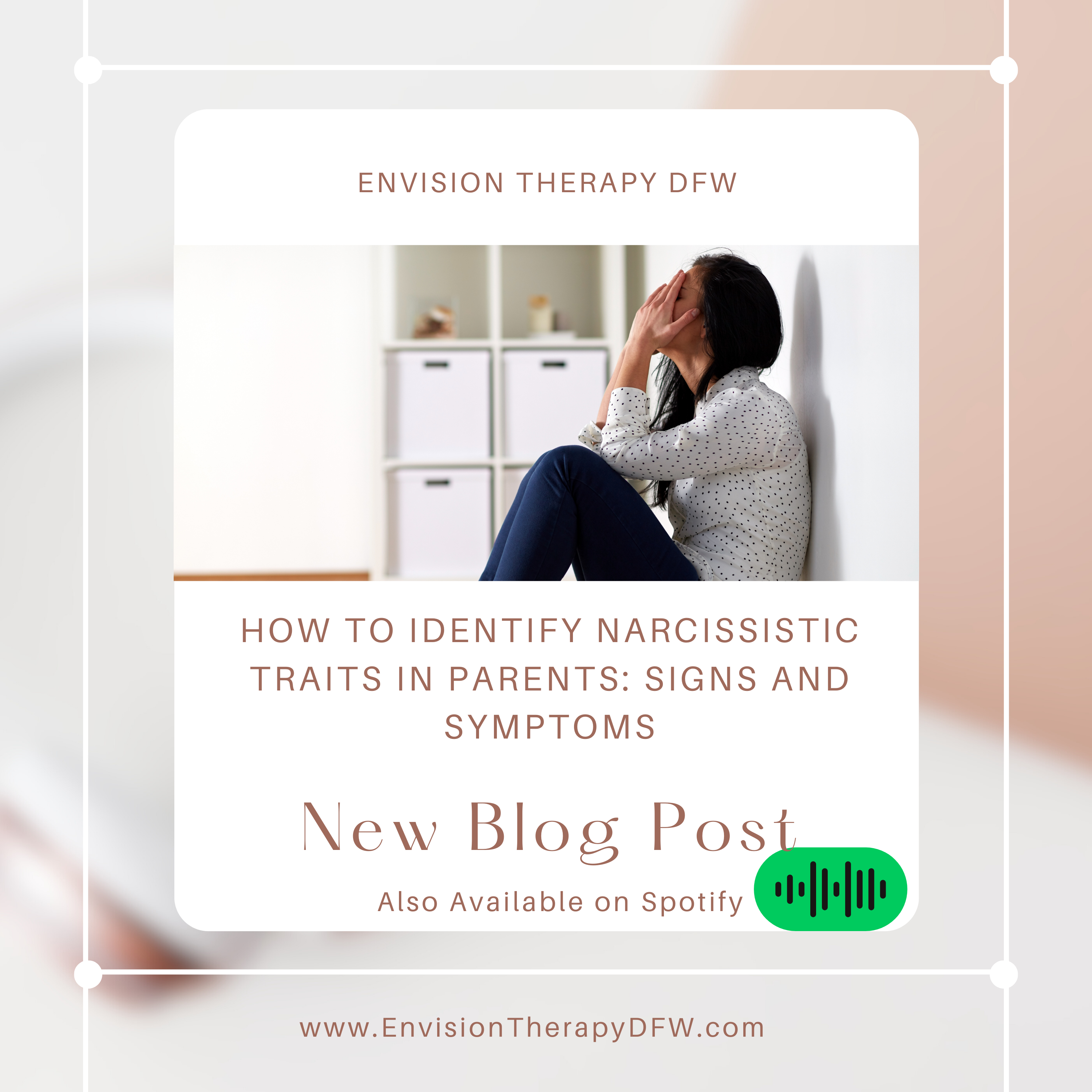
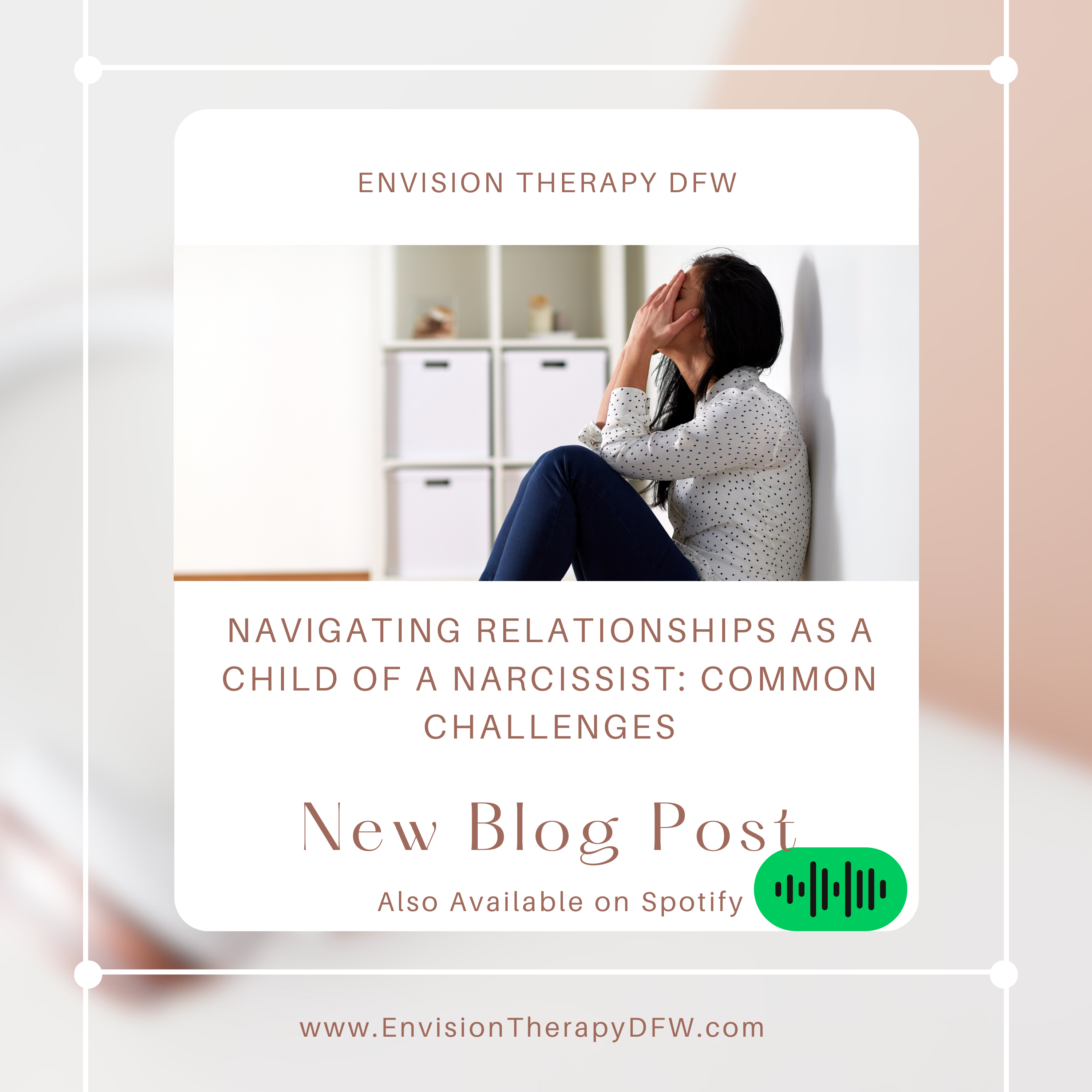


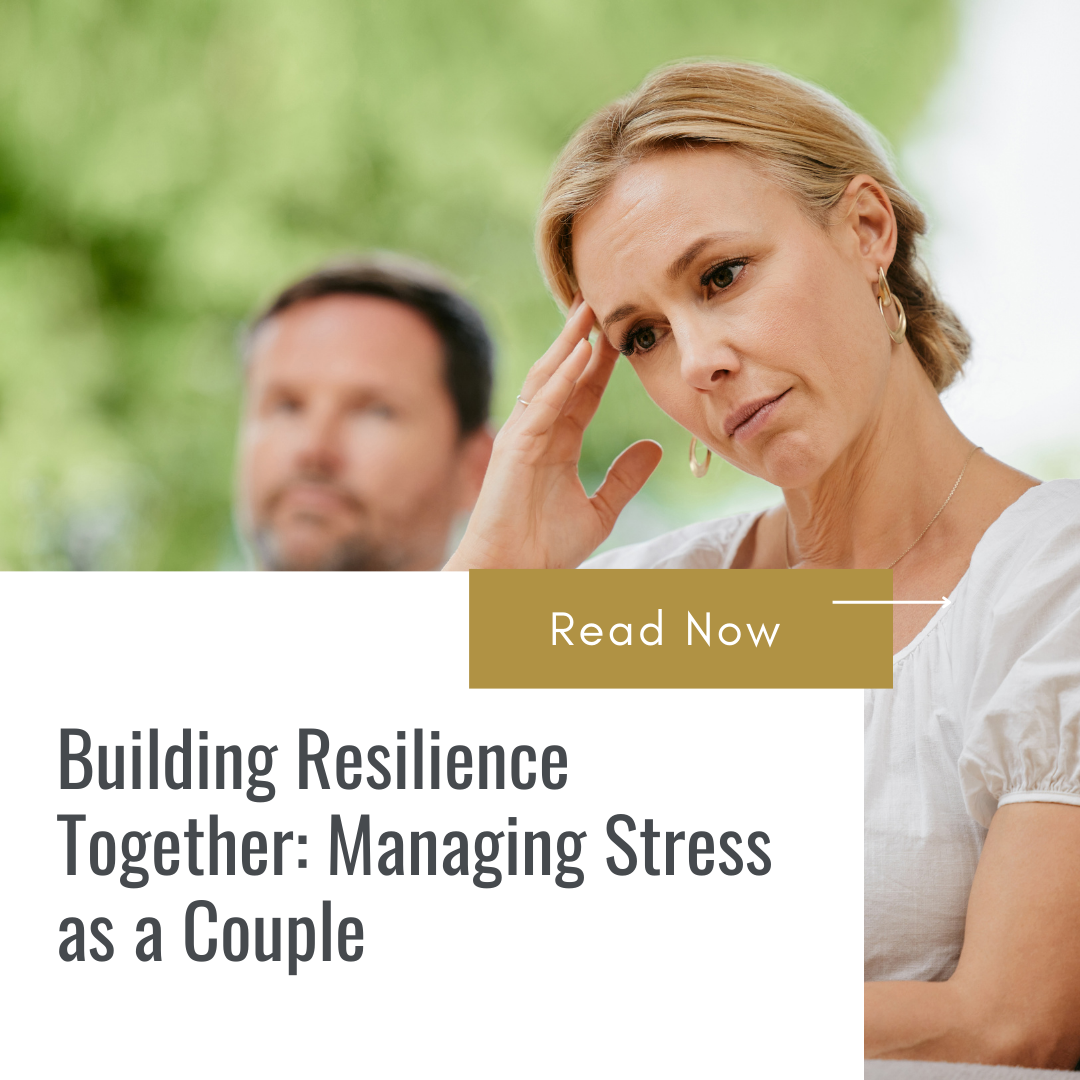





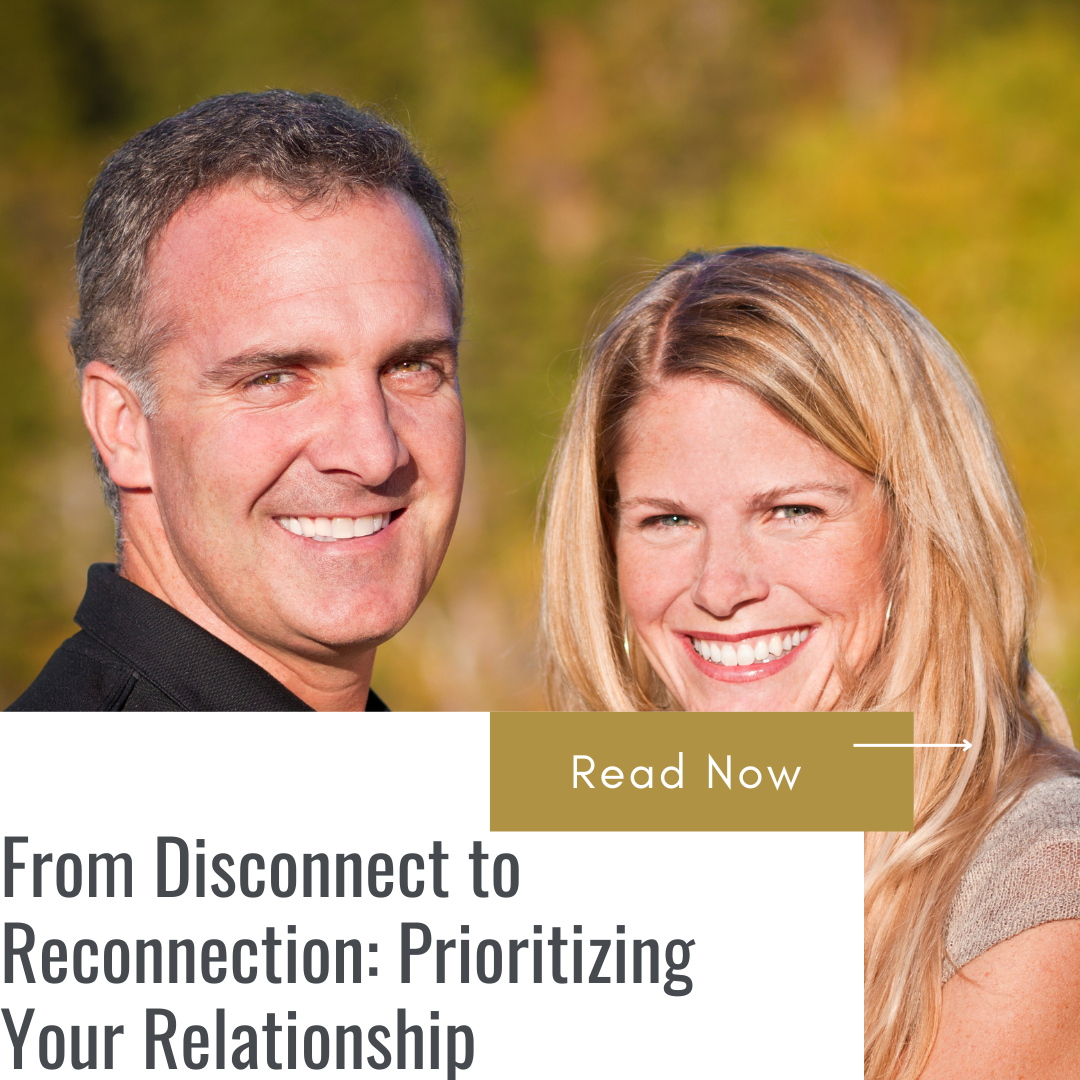
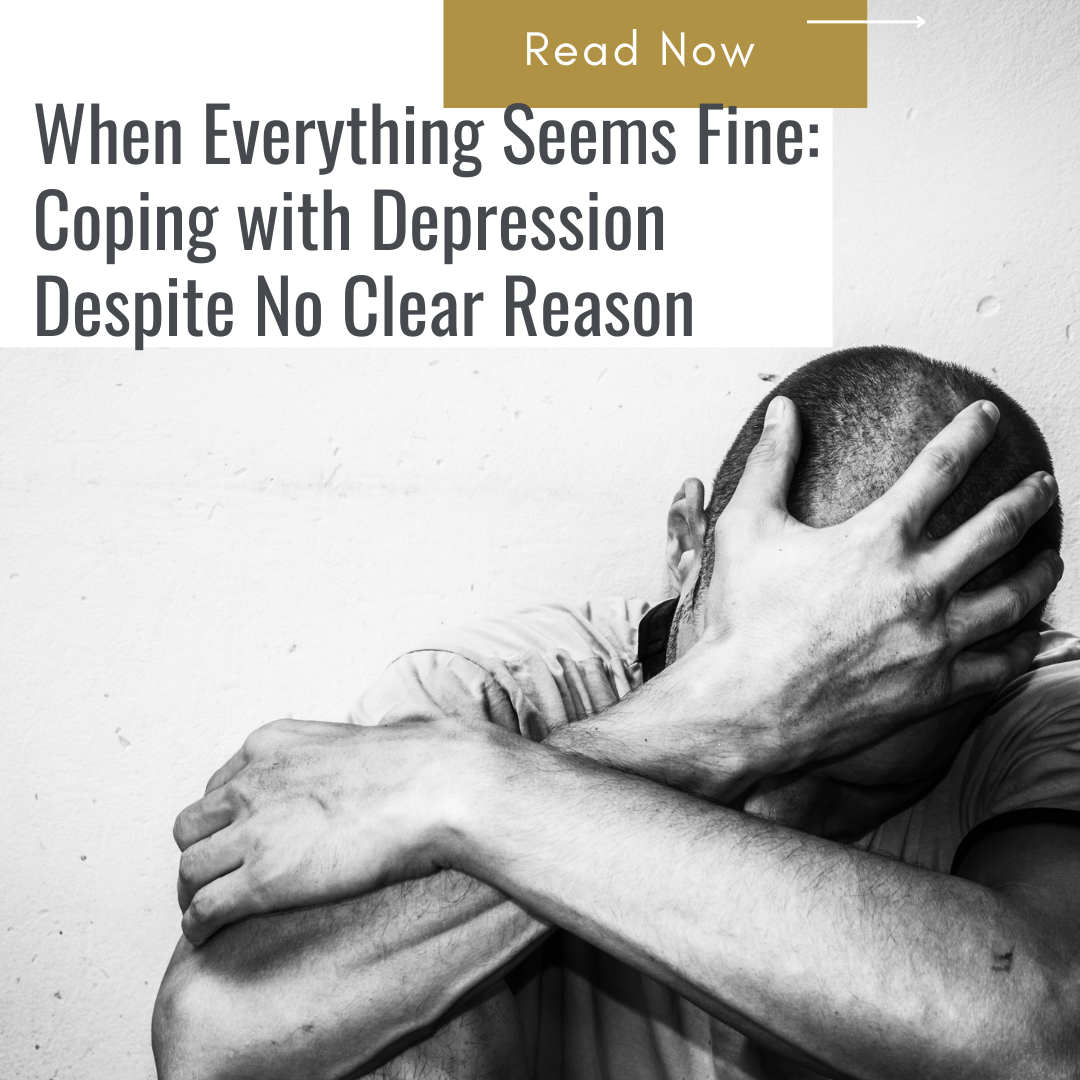




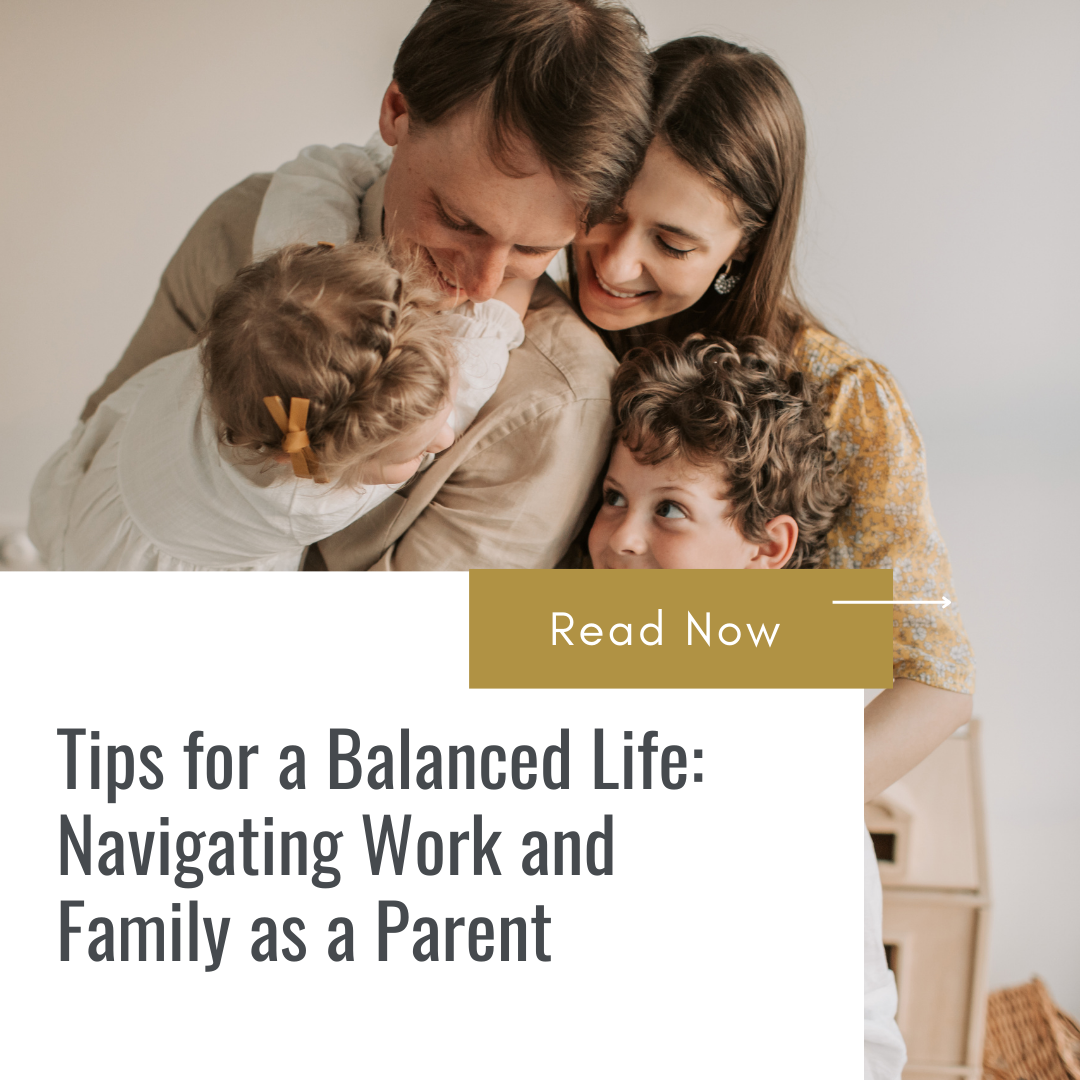
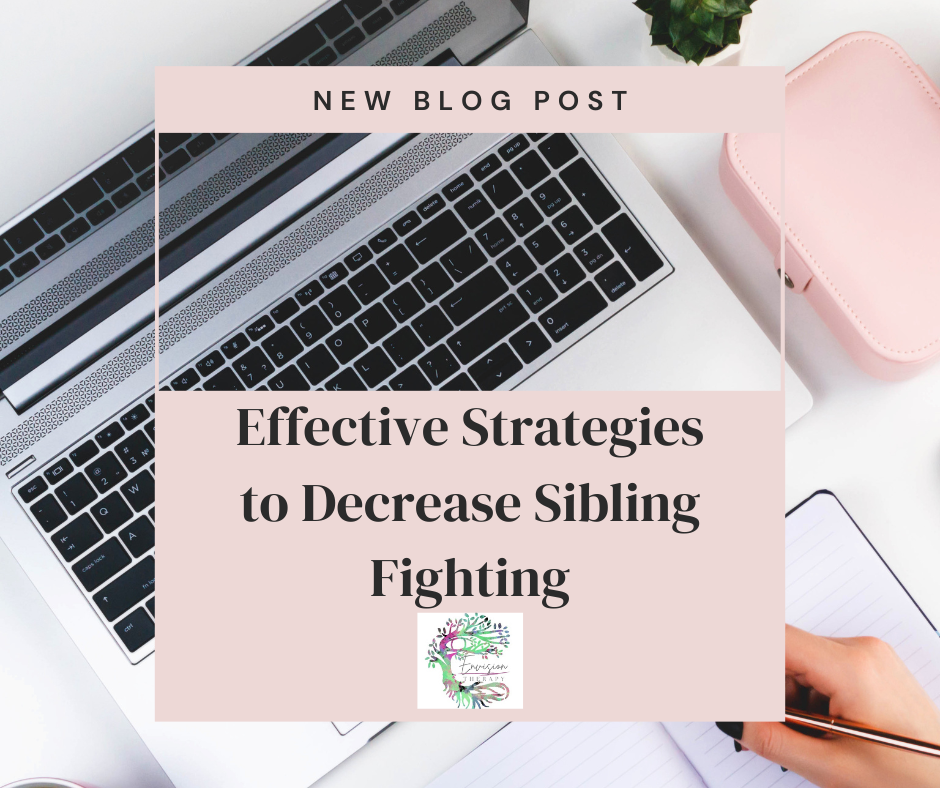
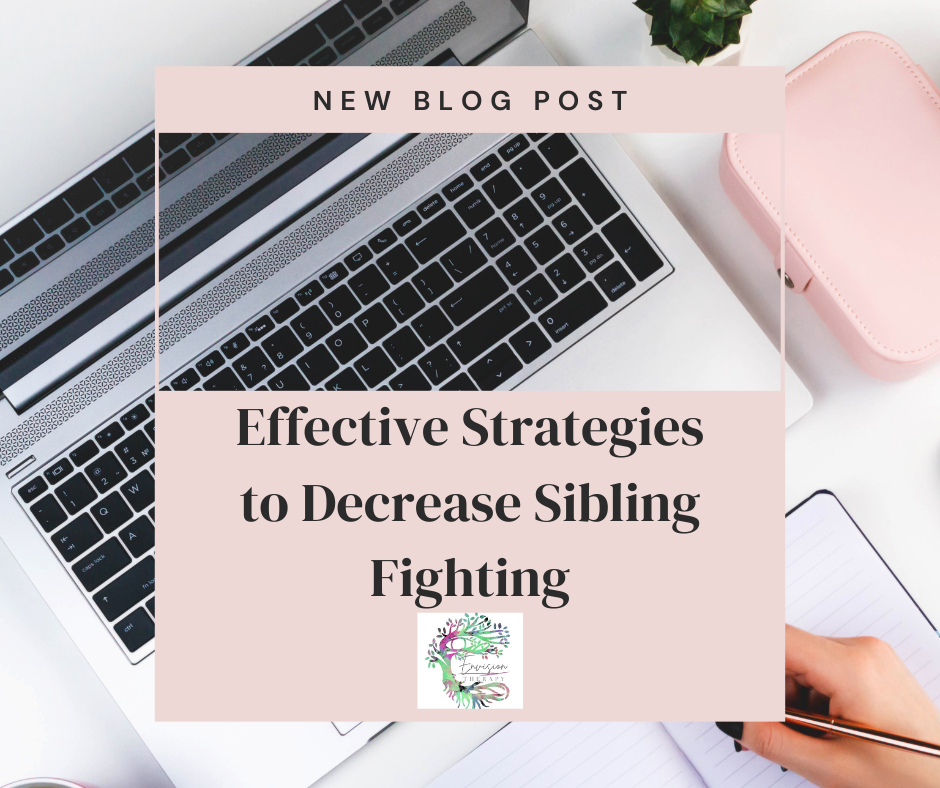
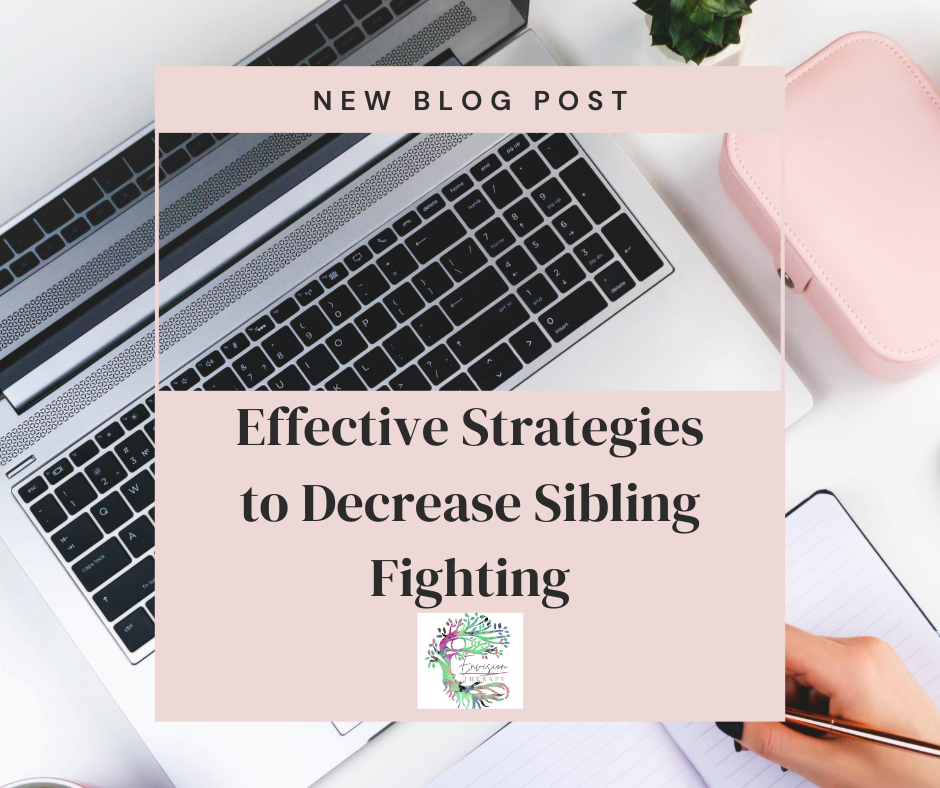

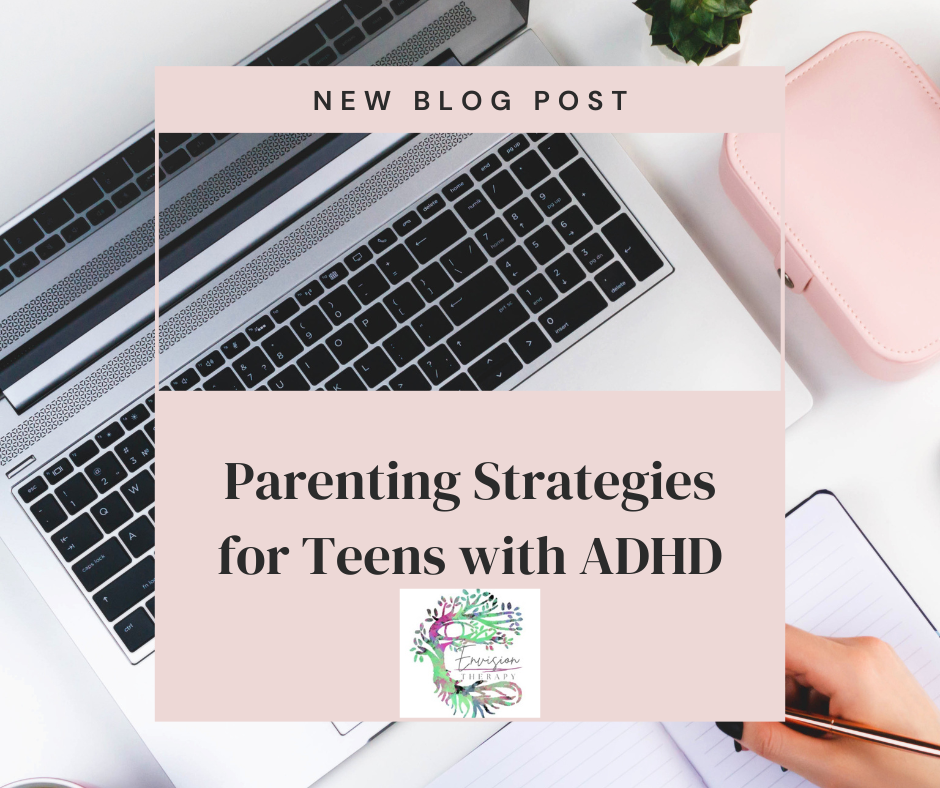
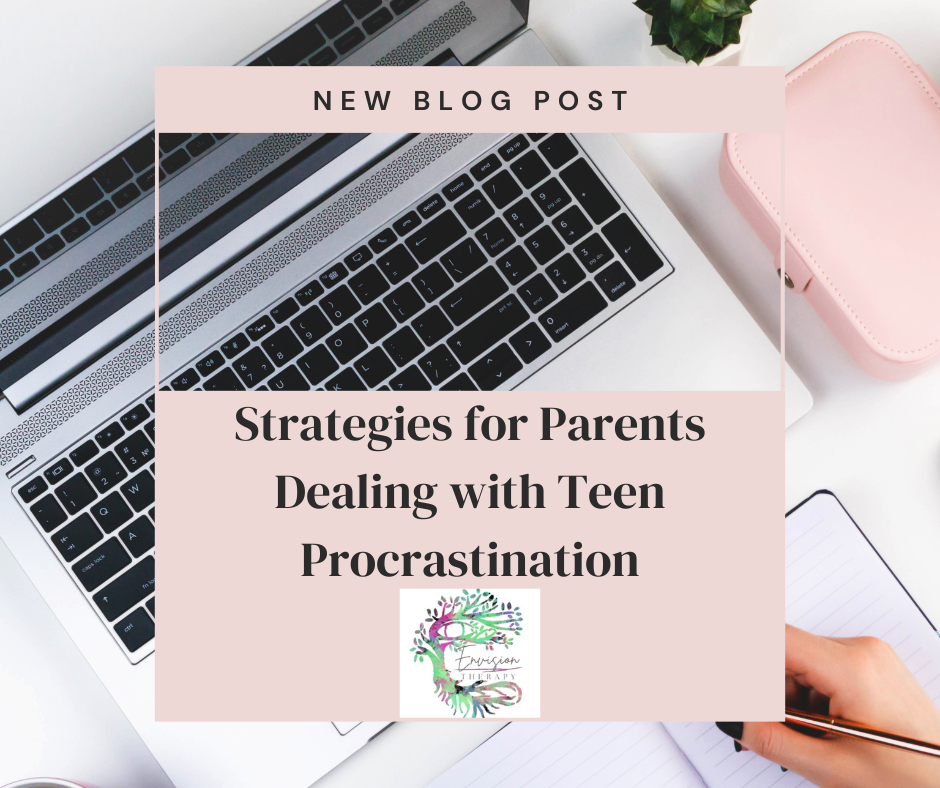


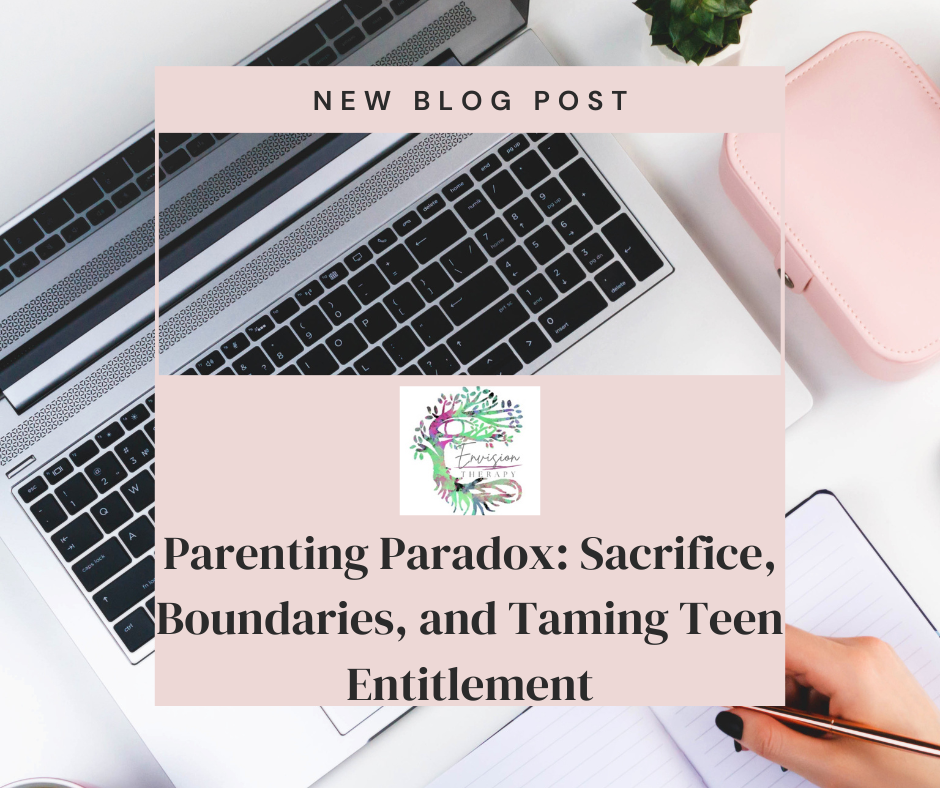





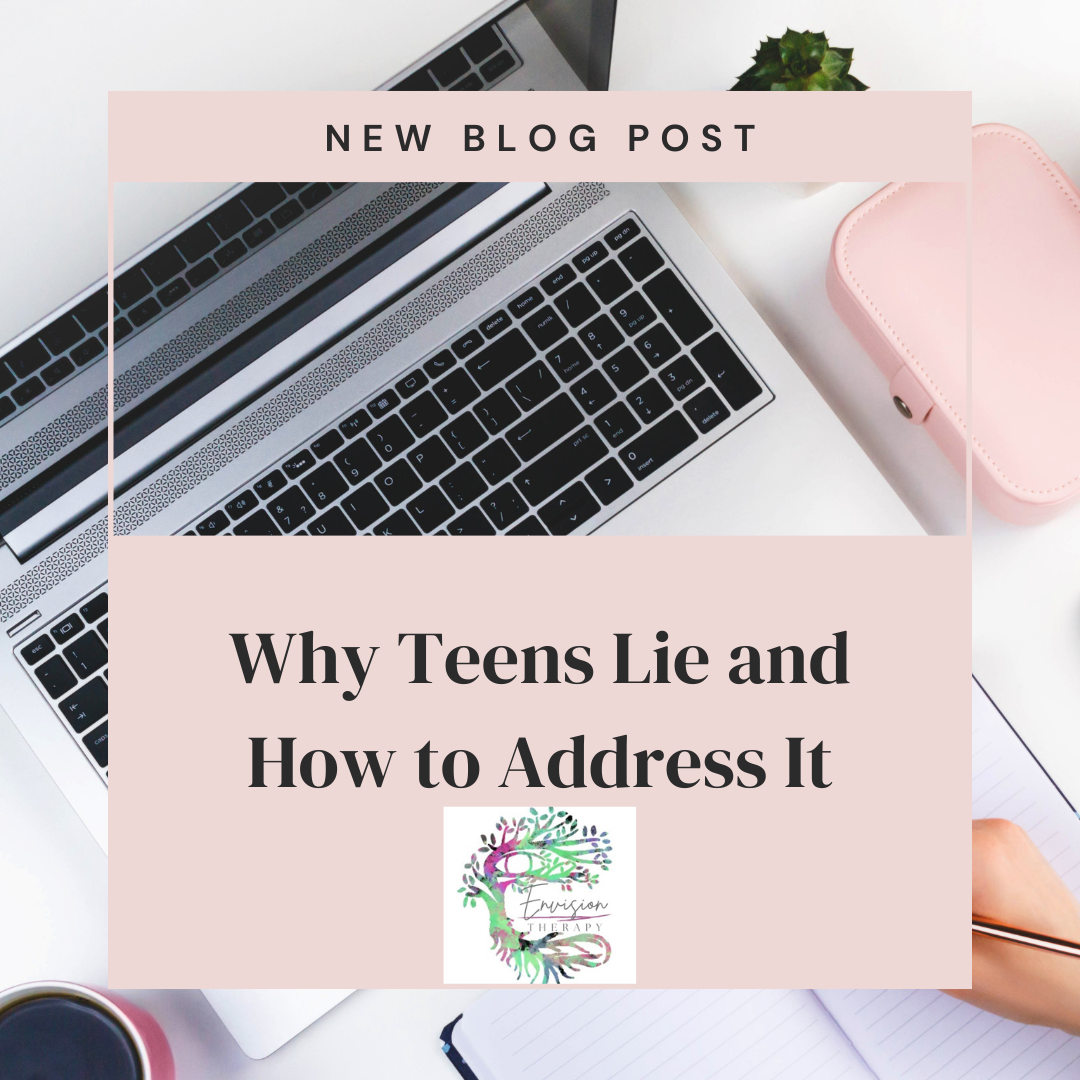




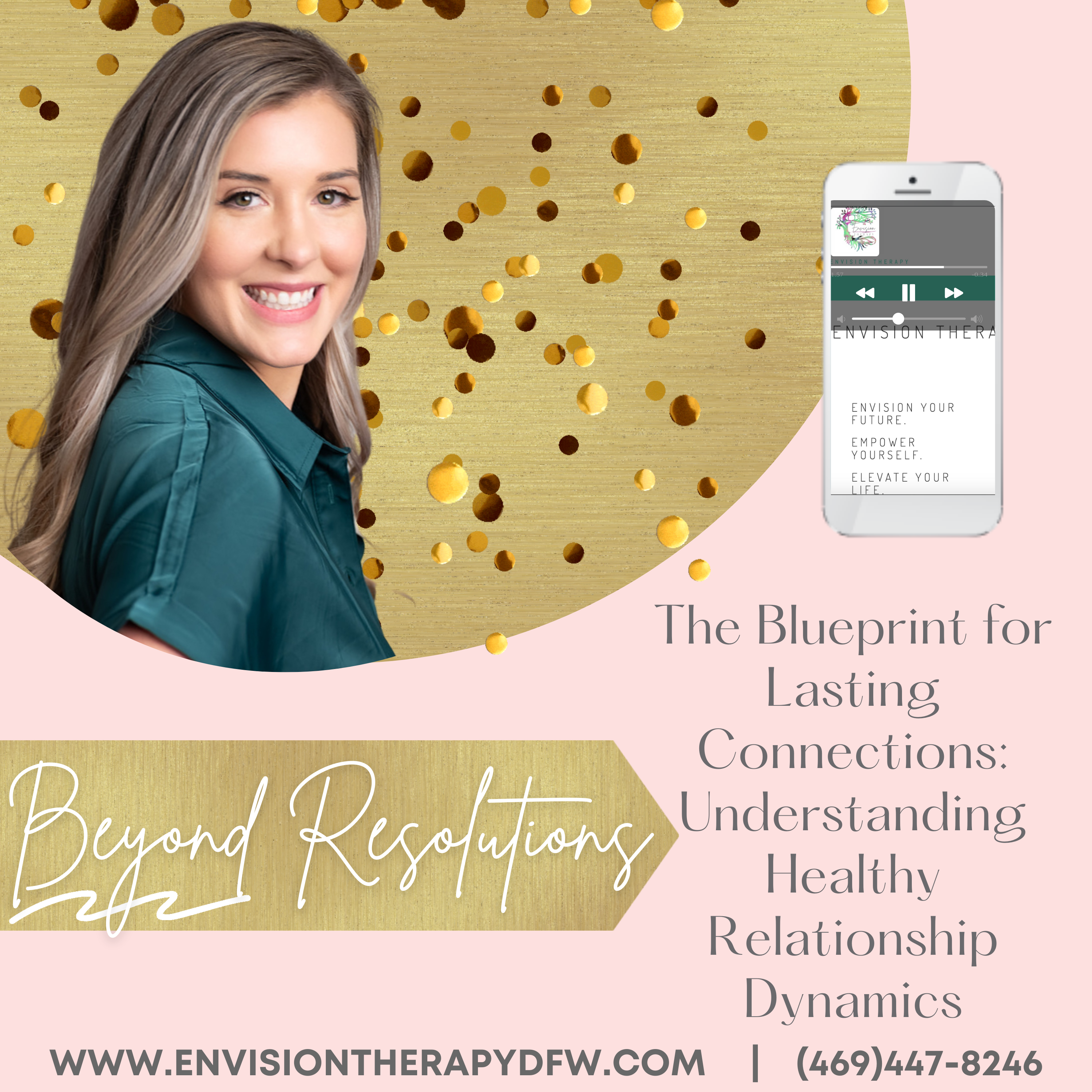
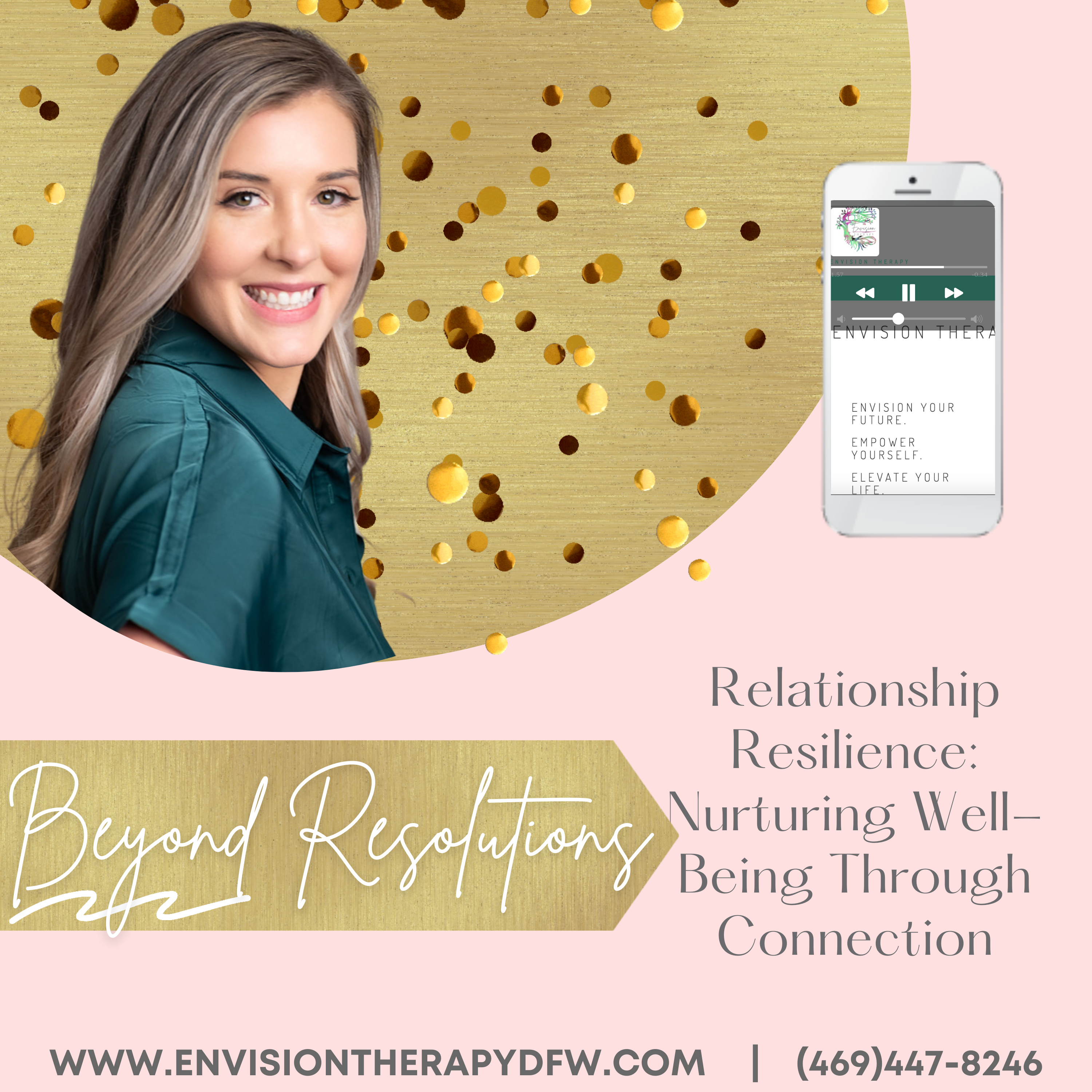



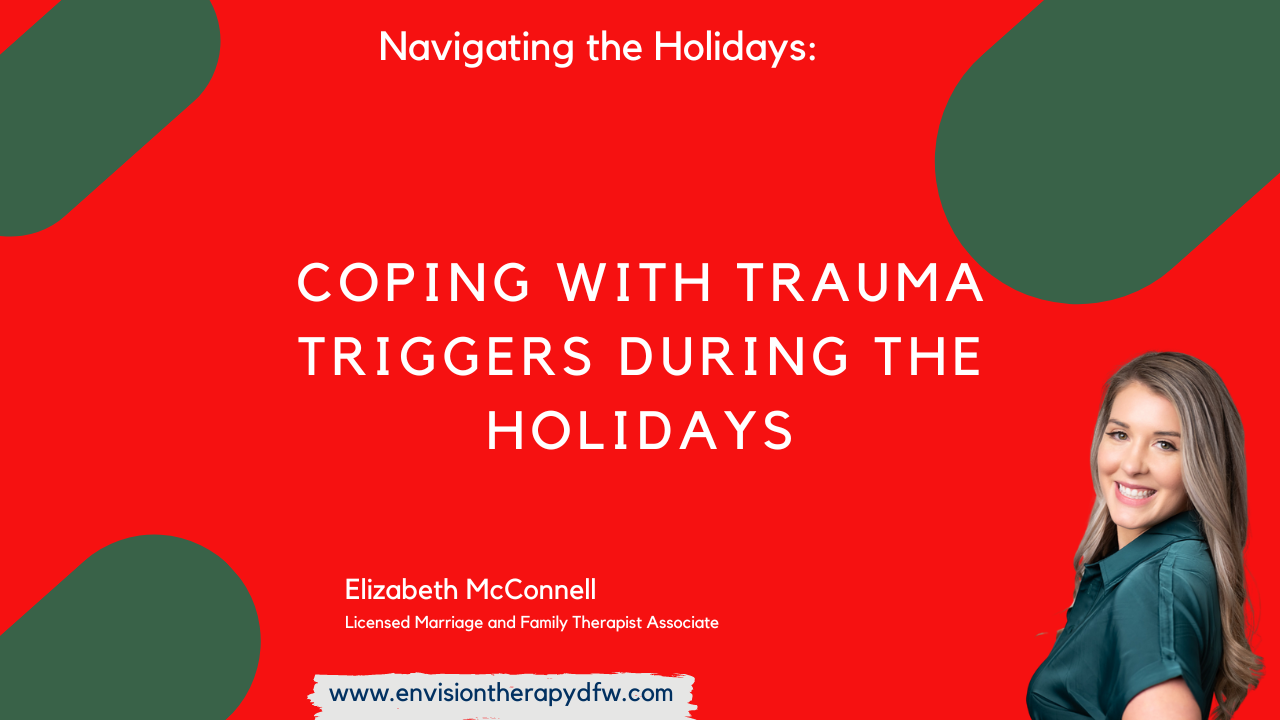


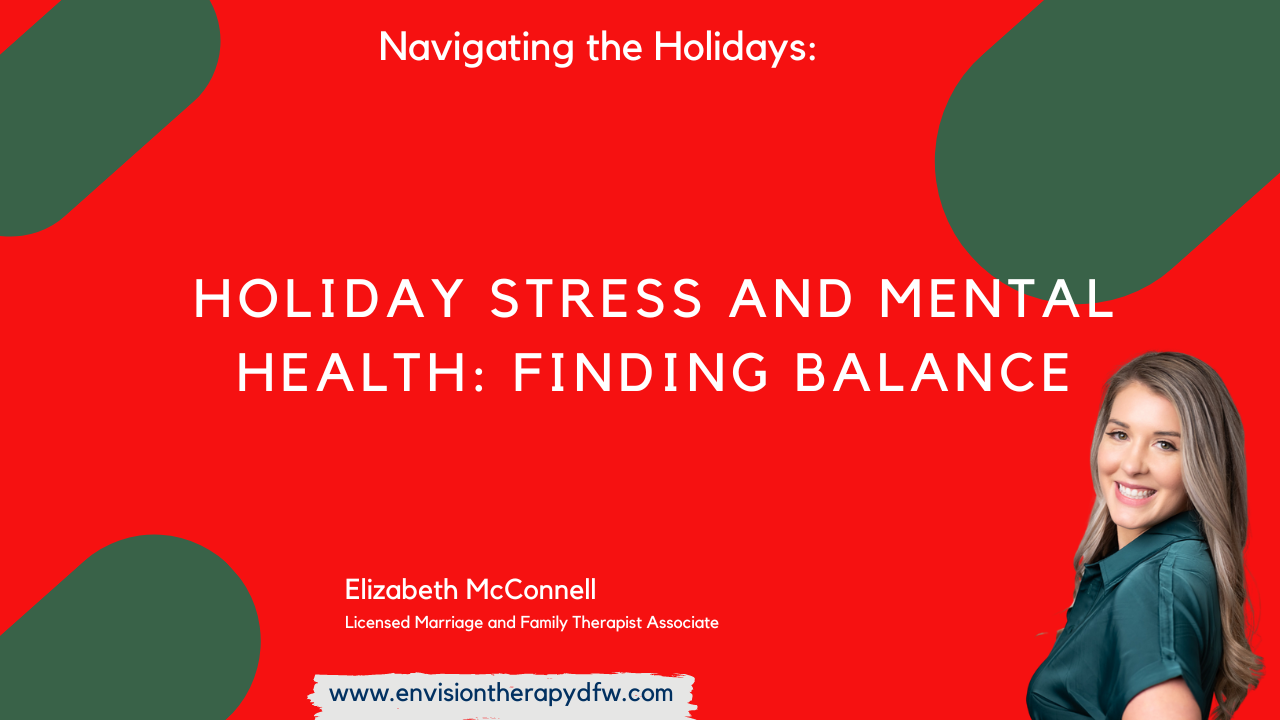

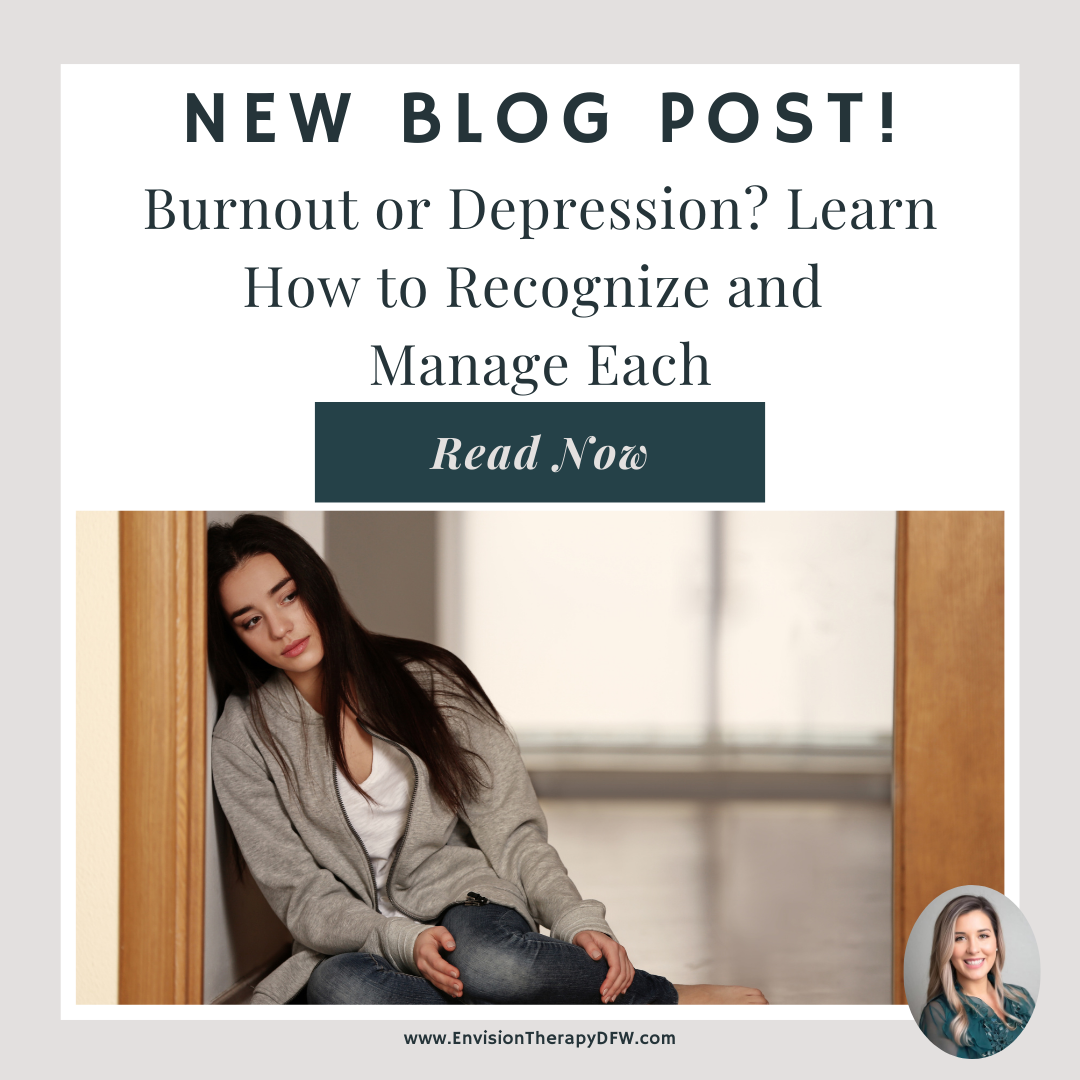
Leave a Reply